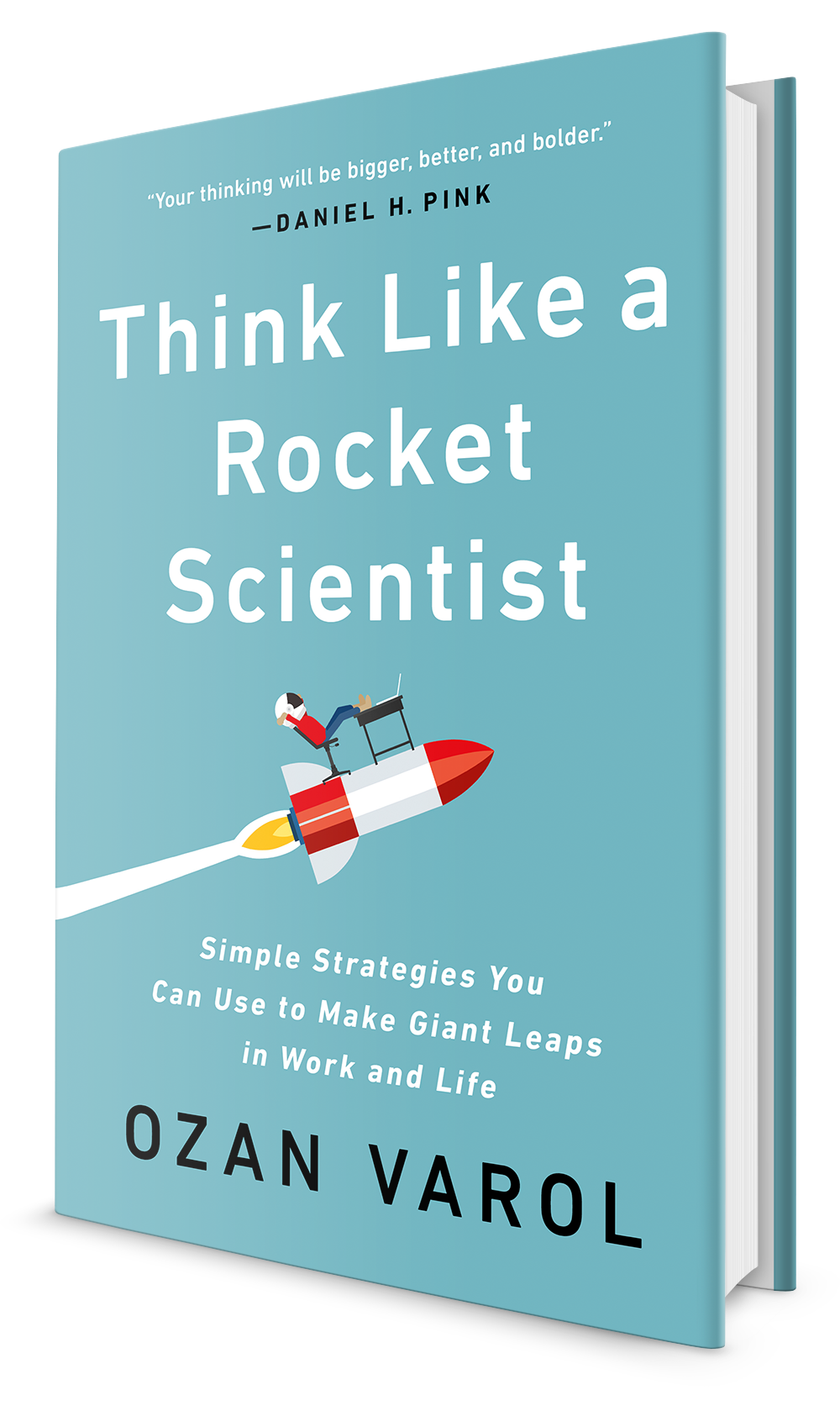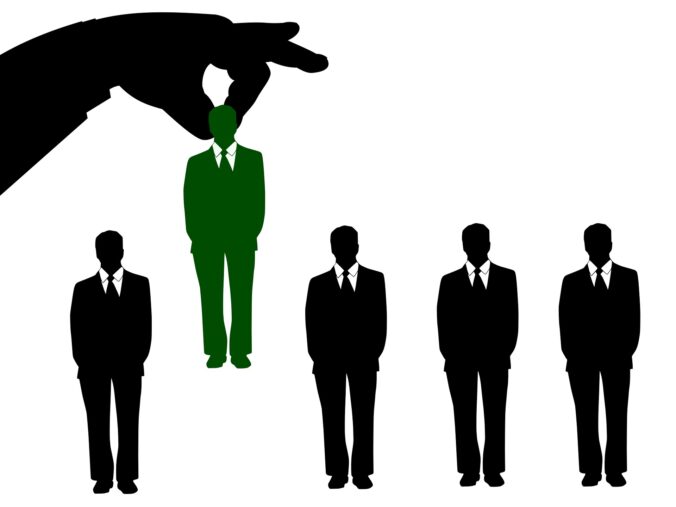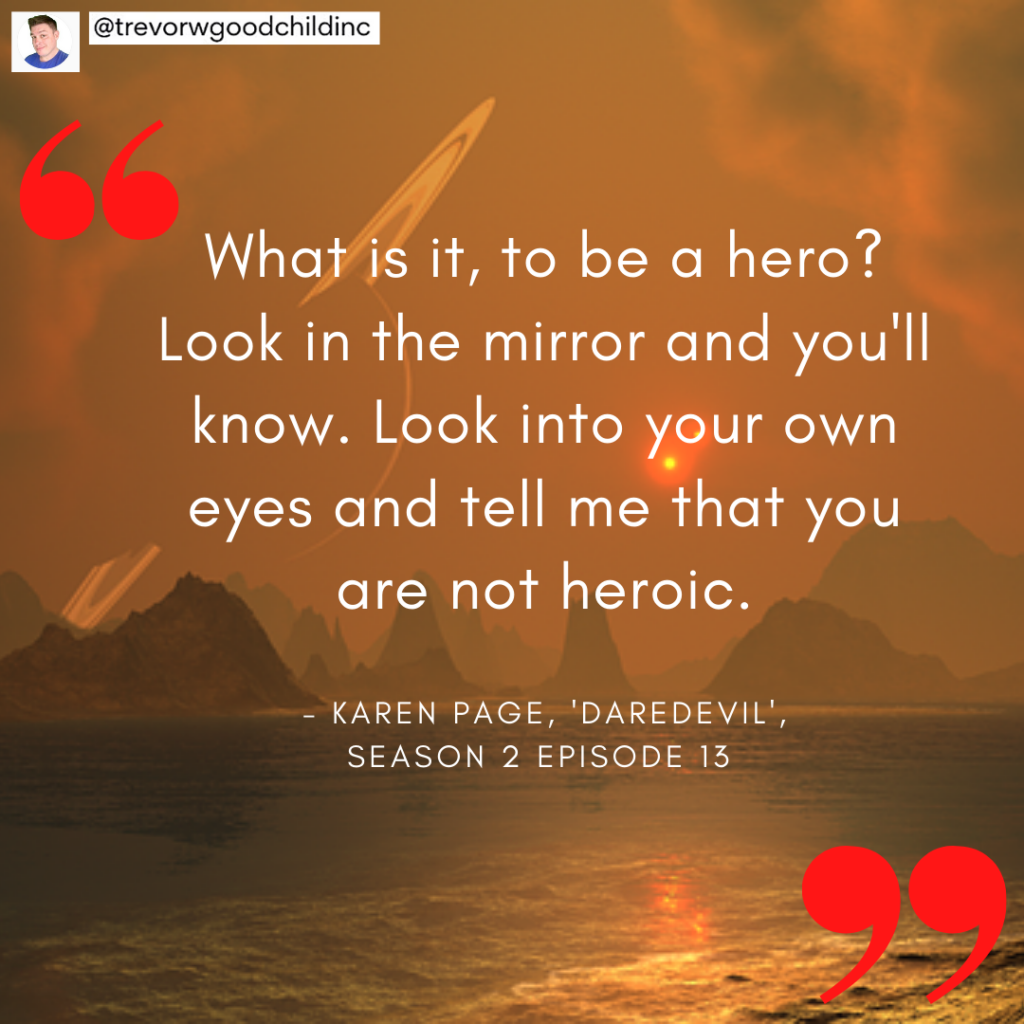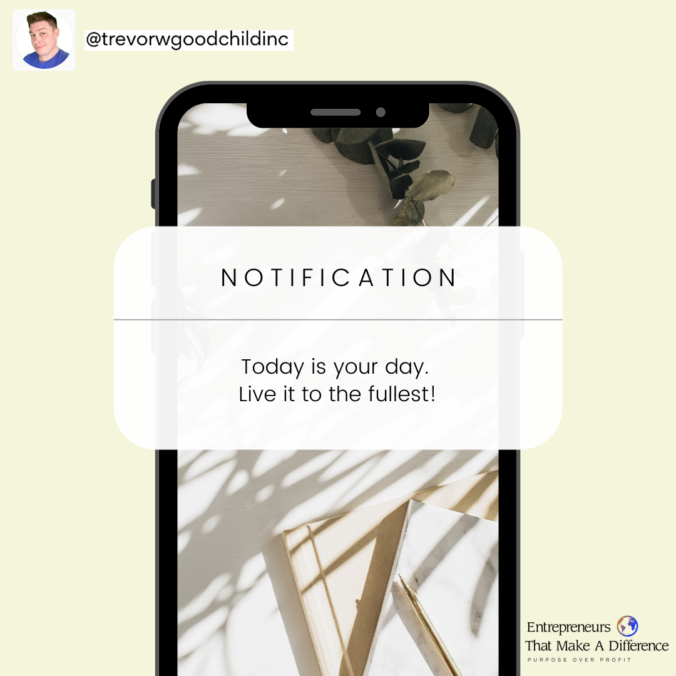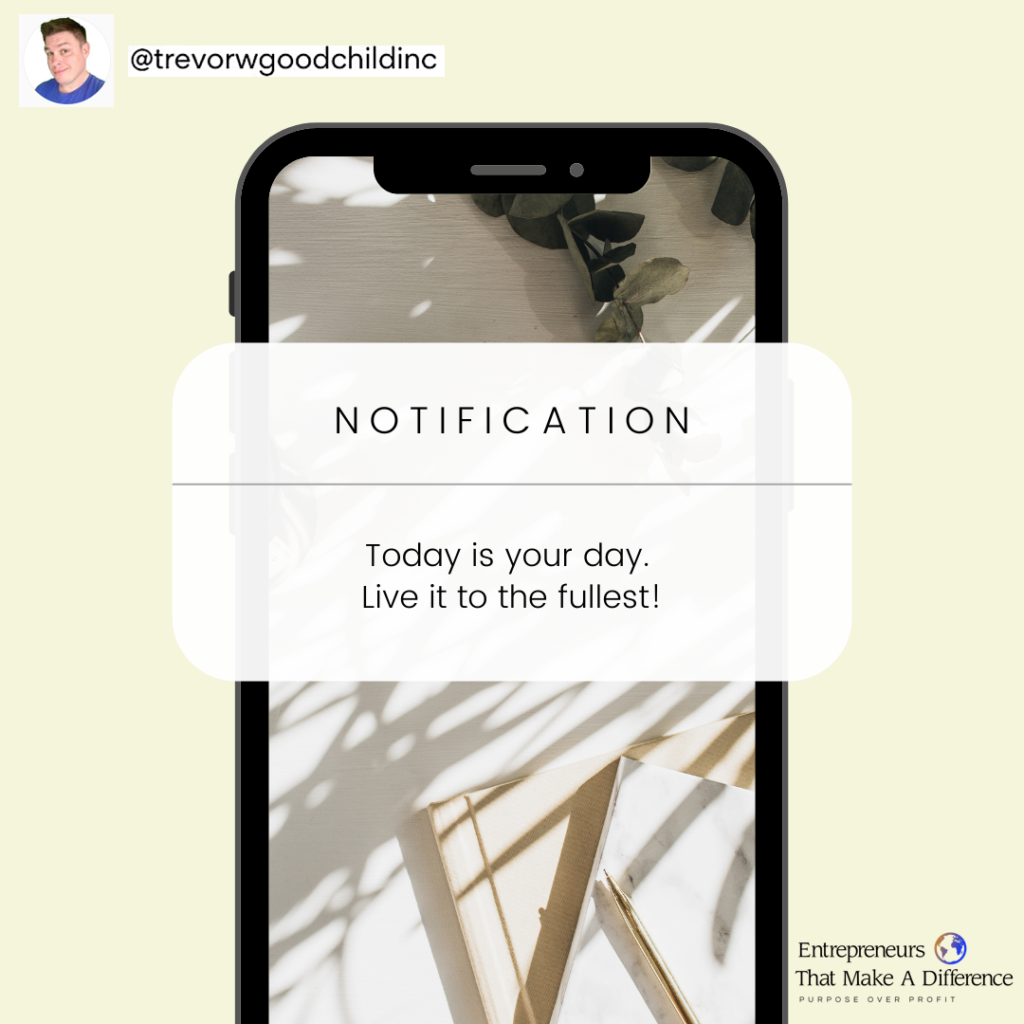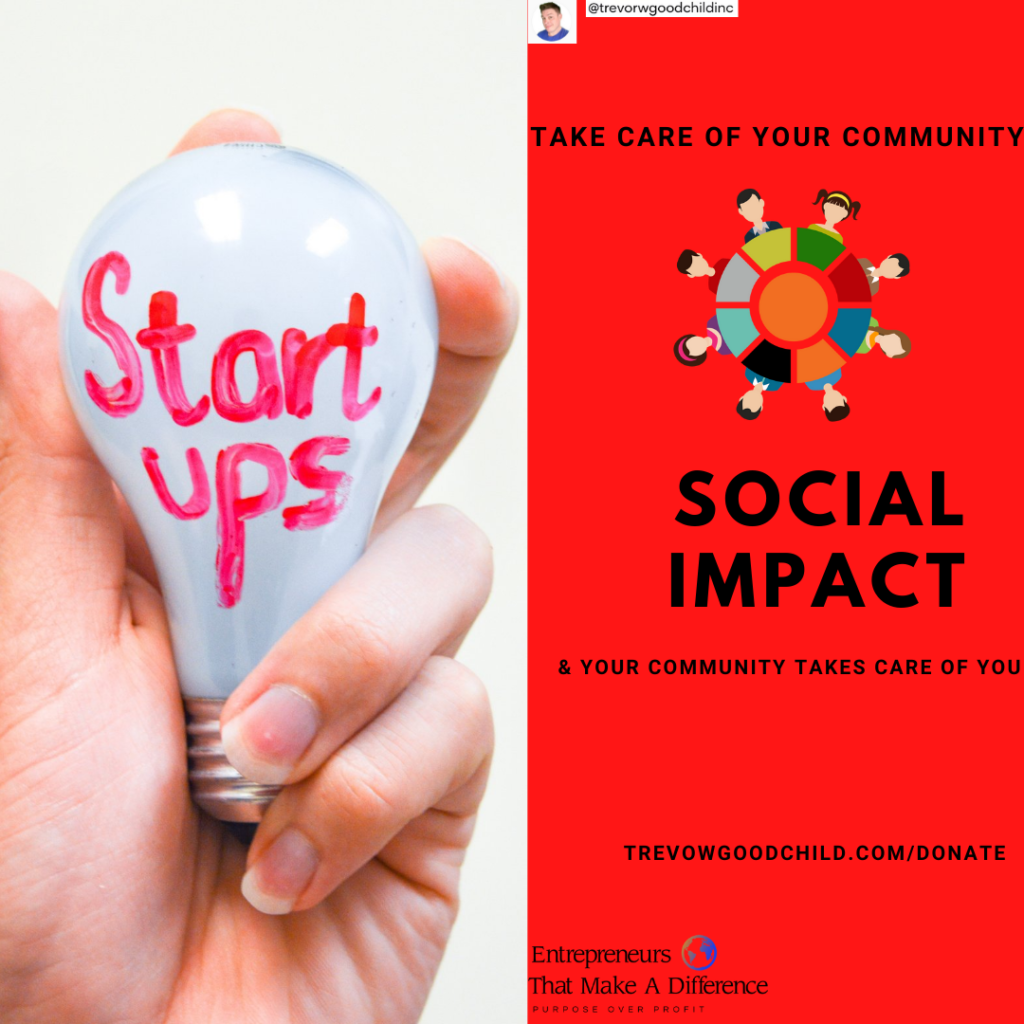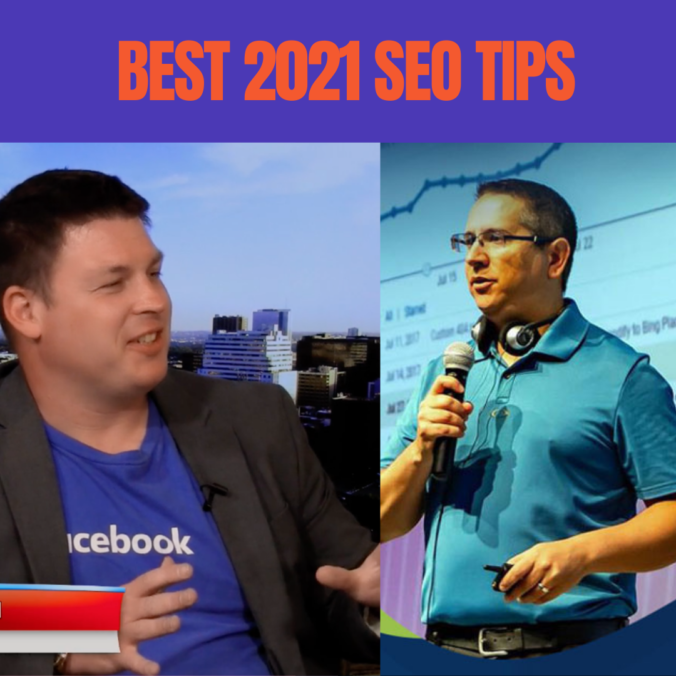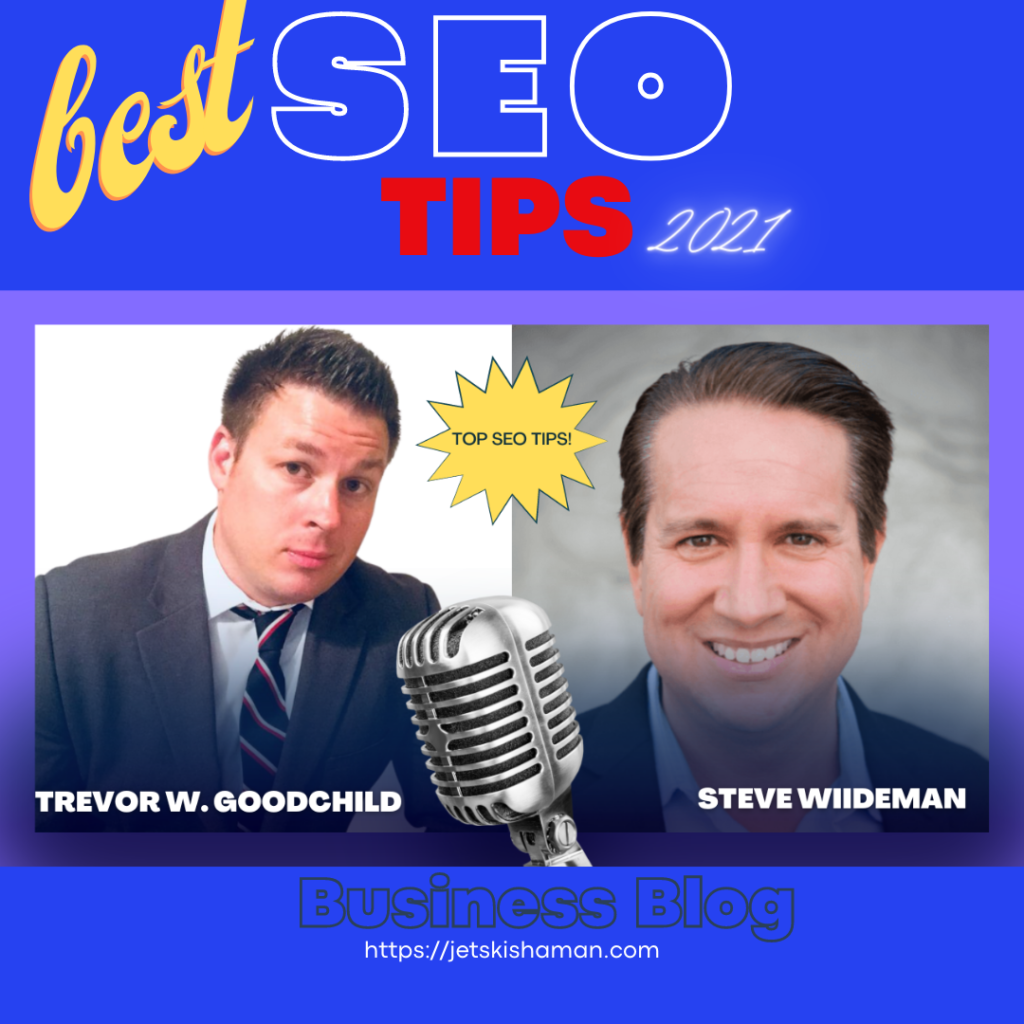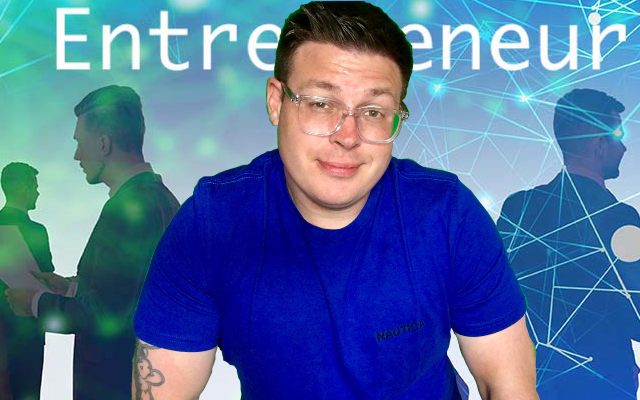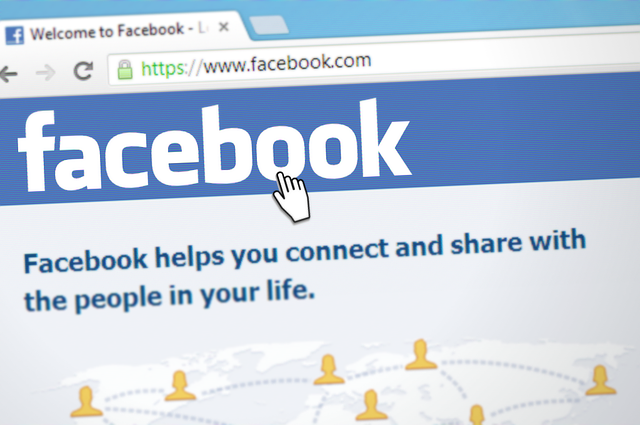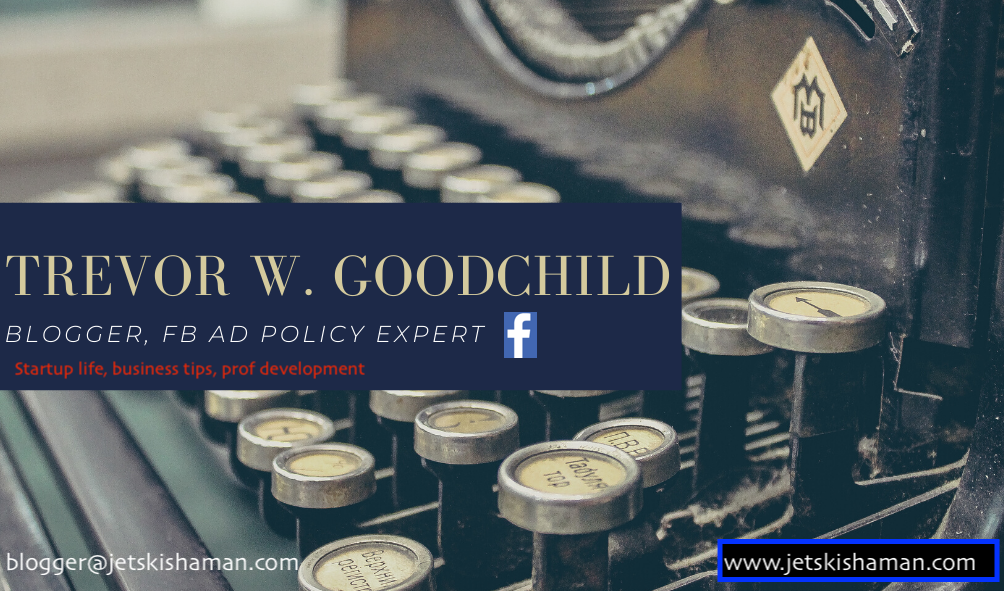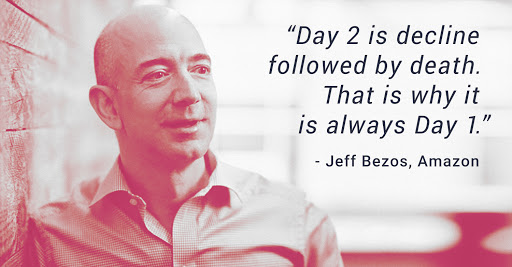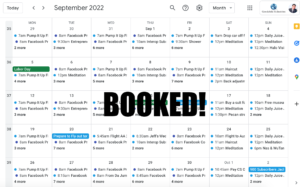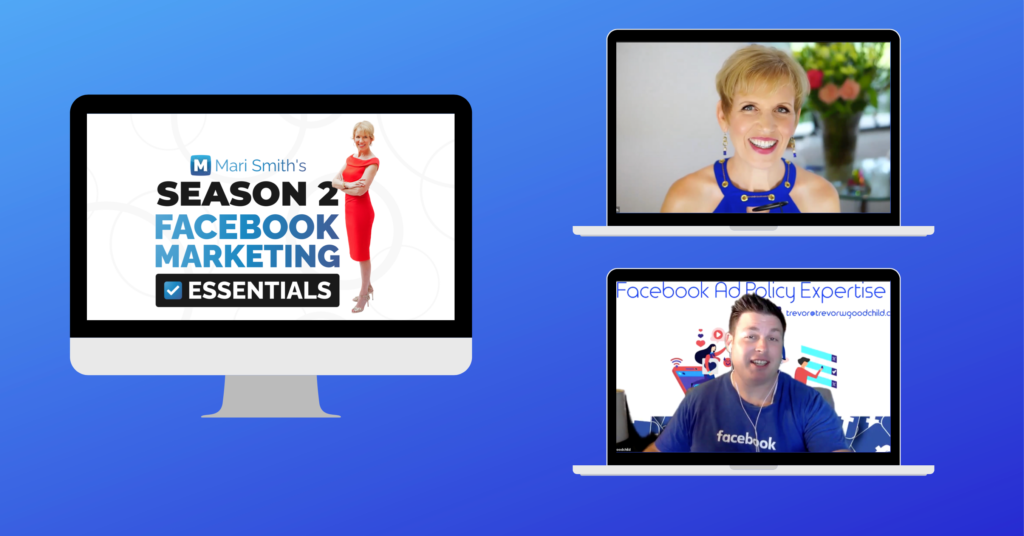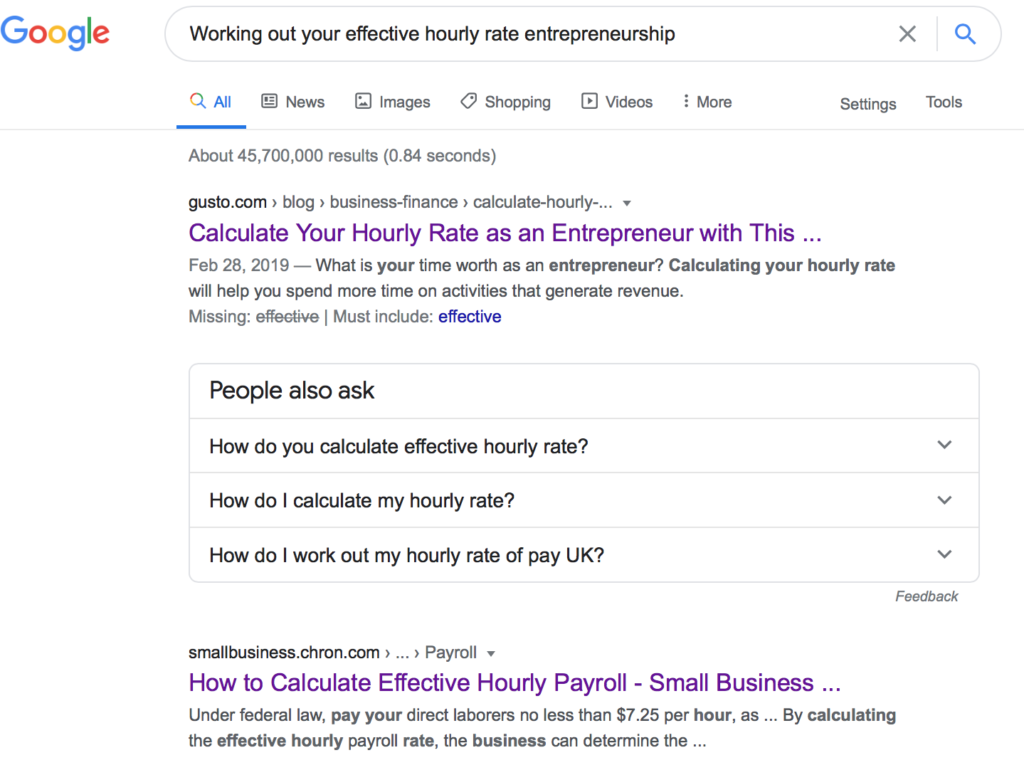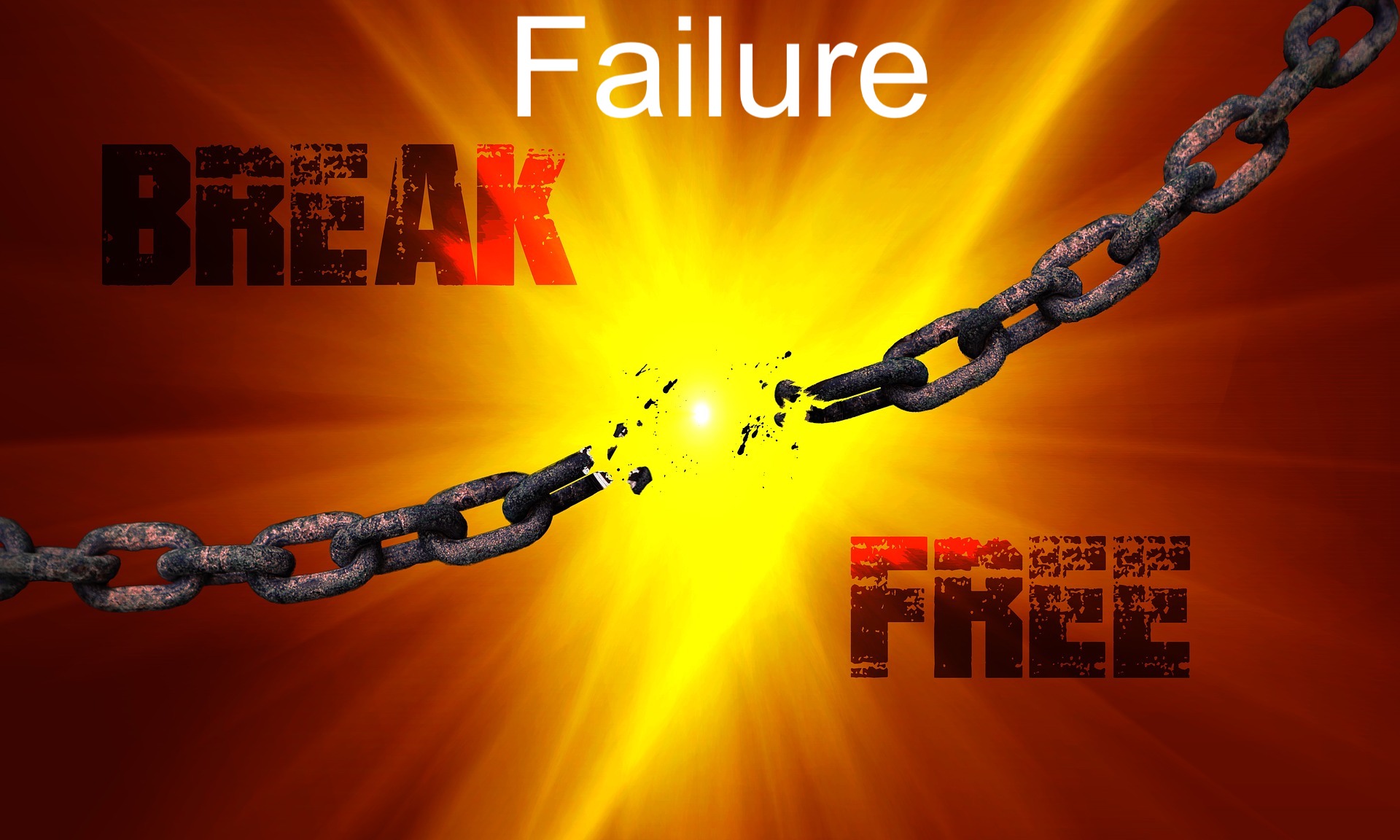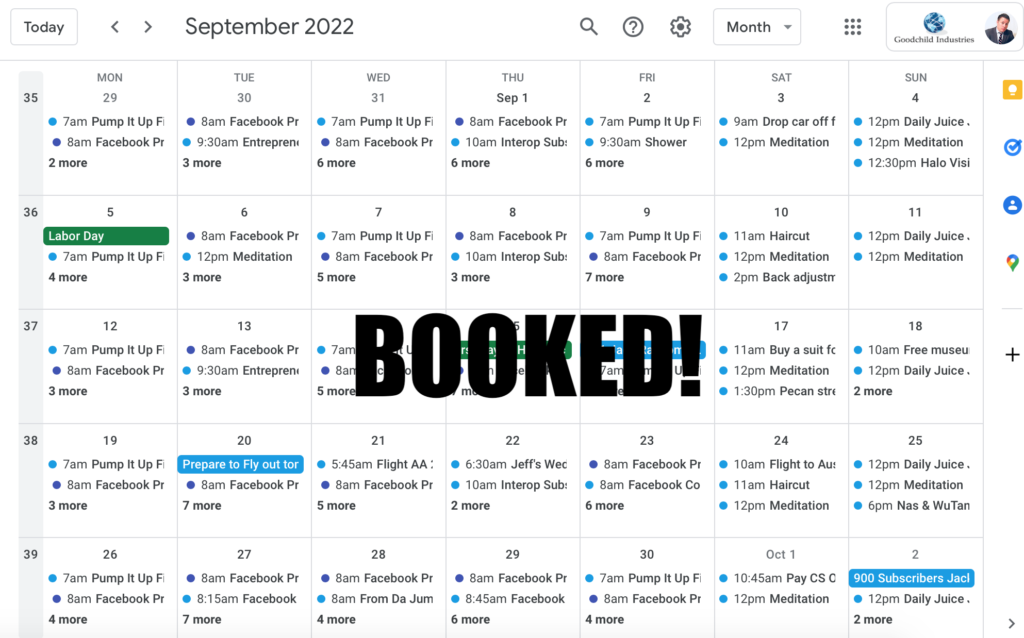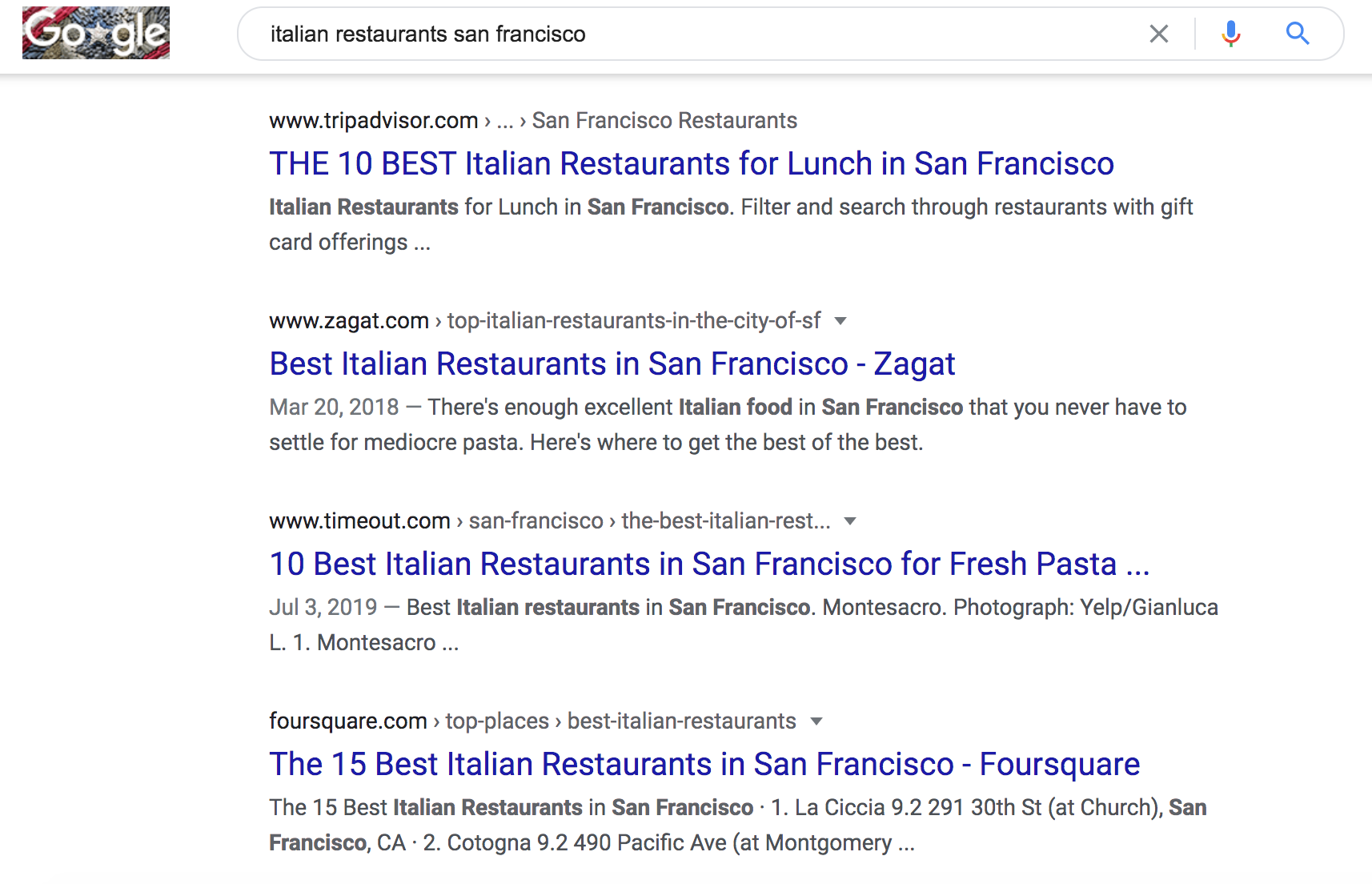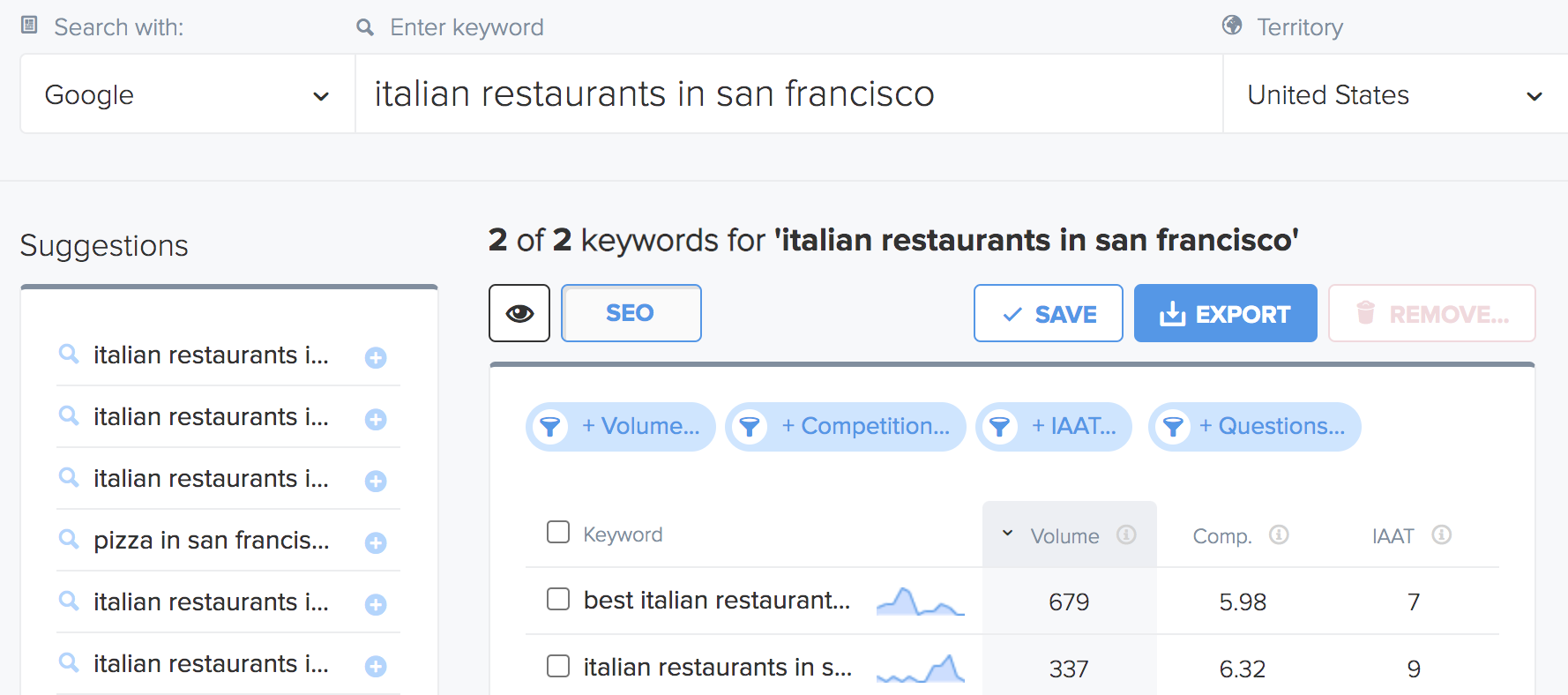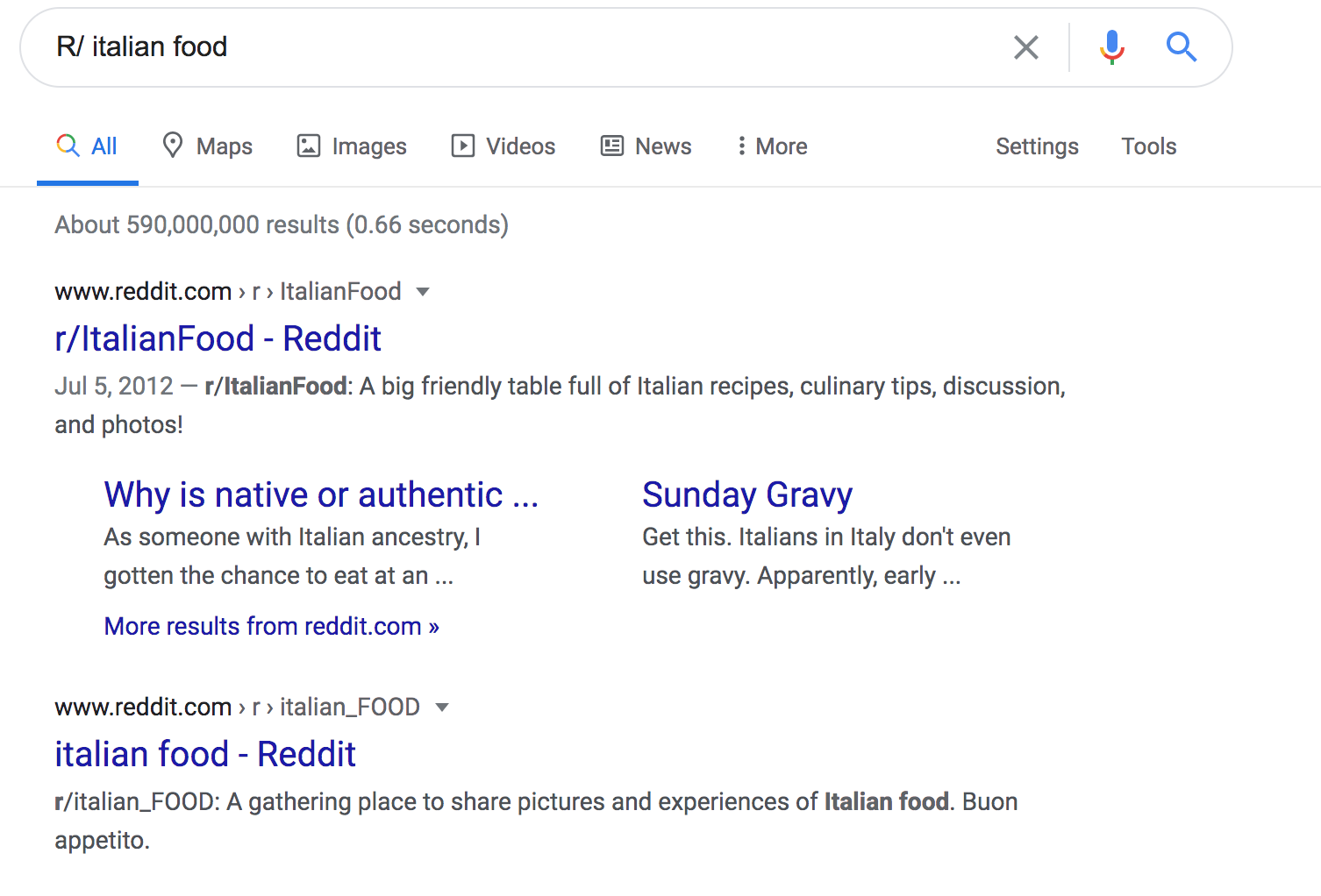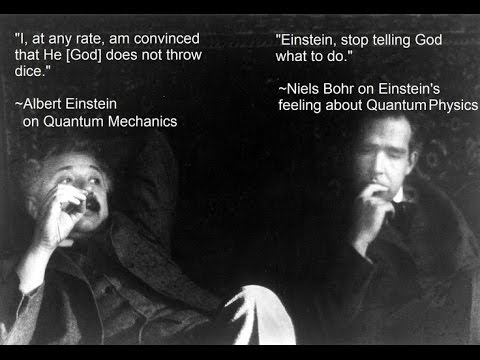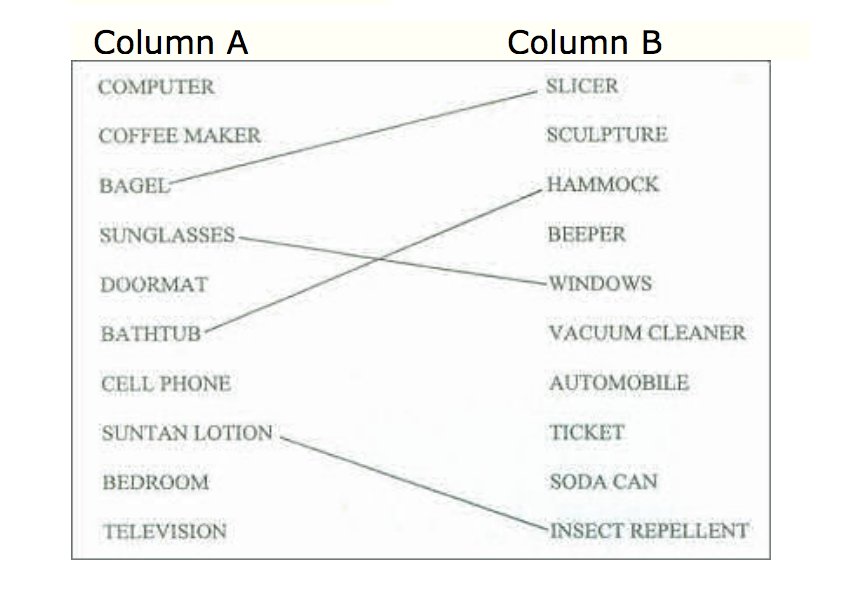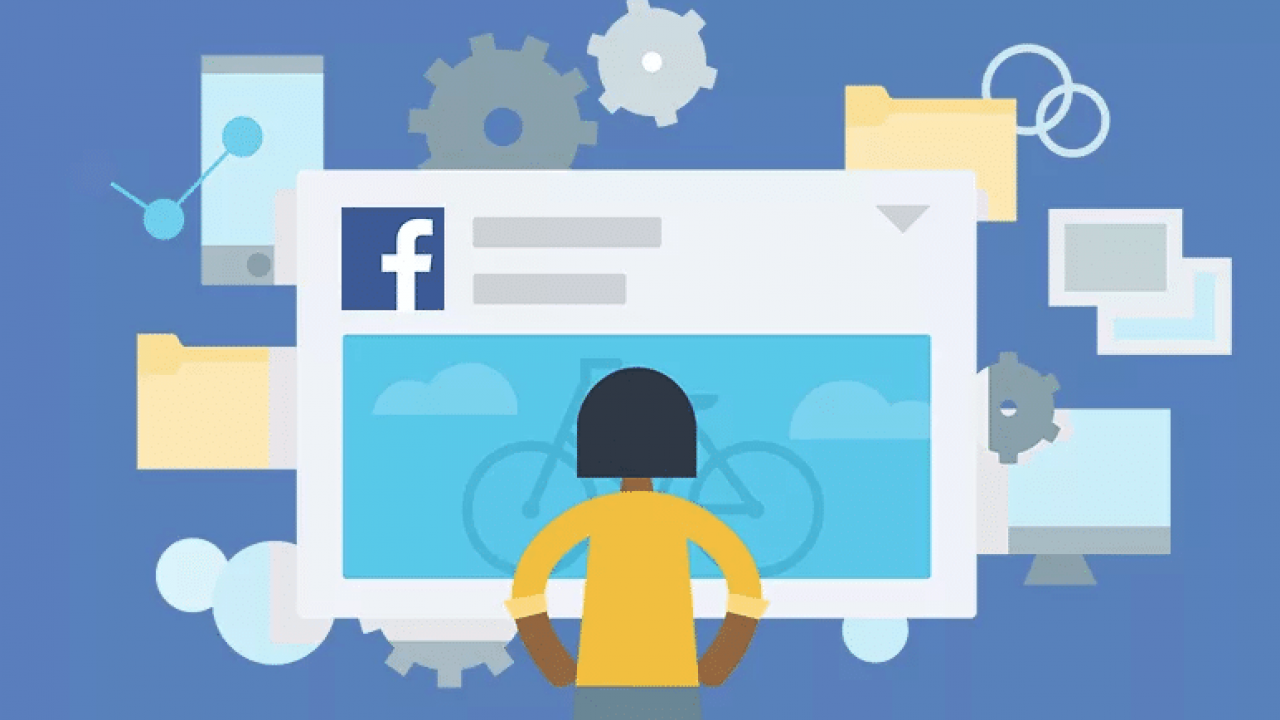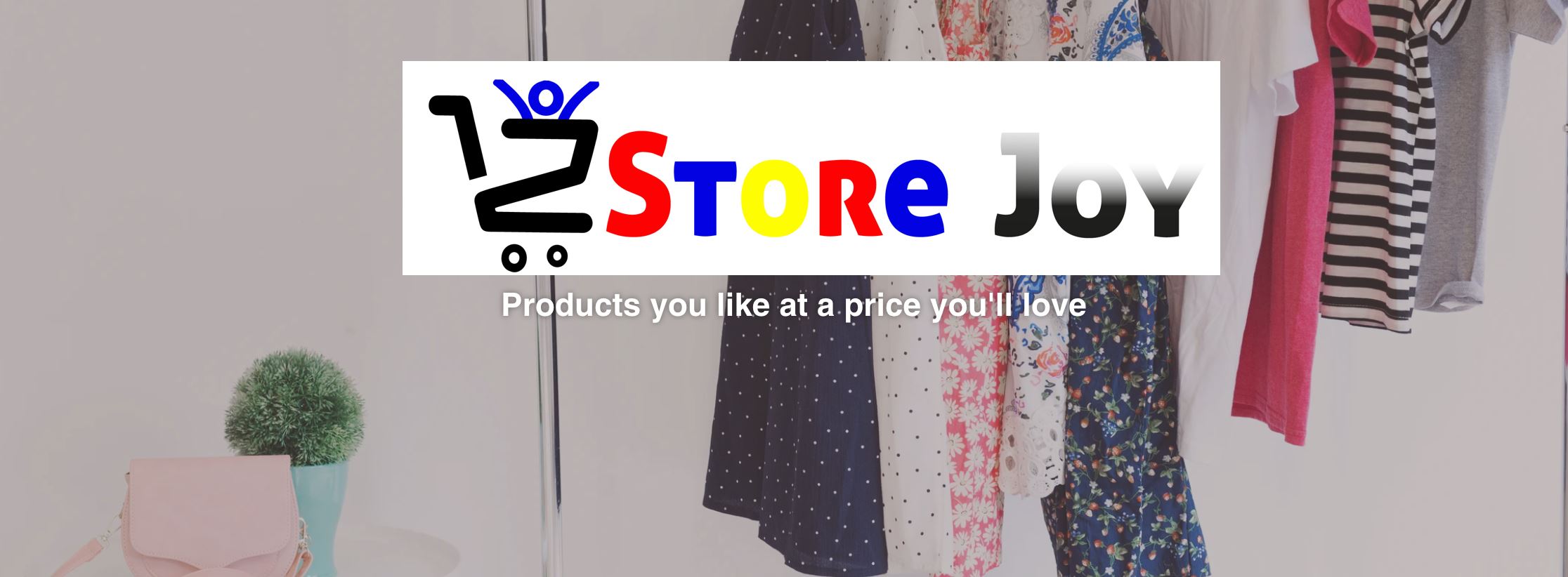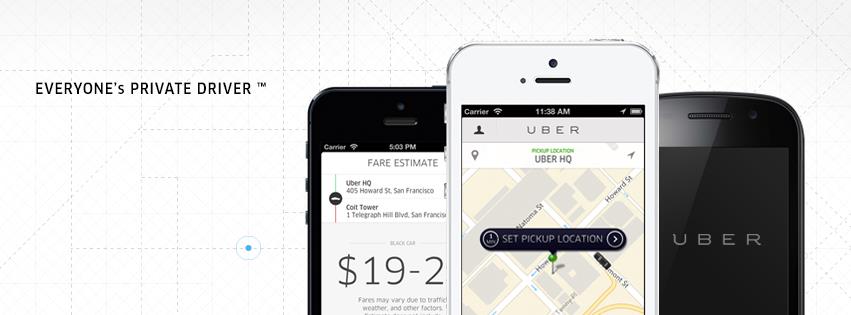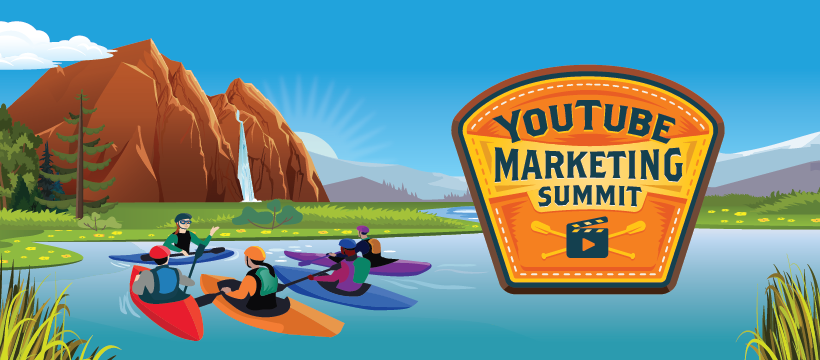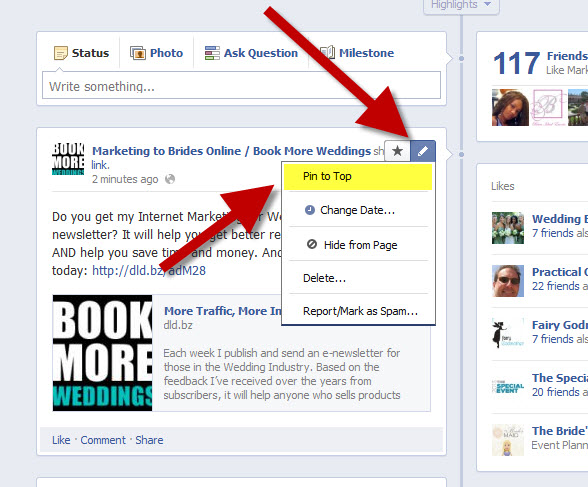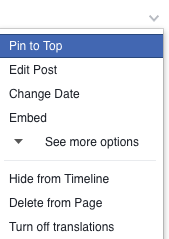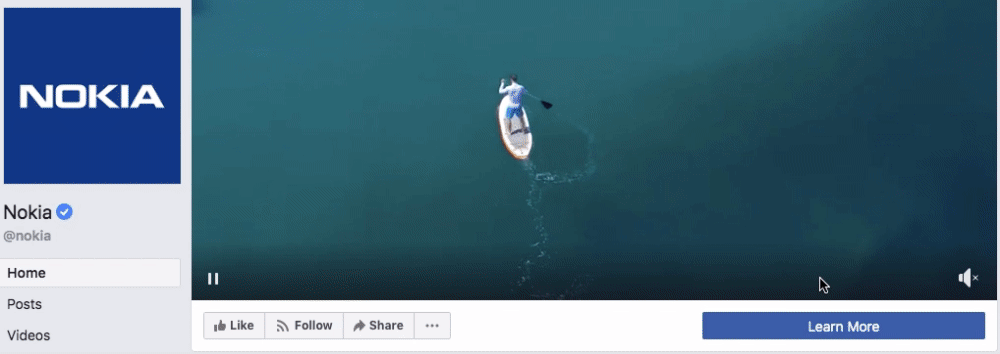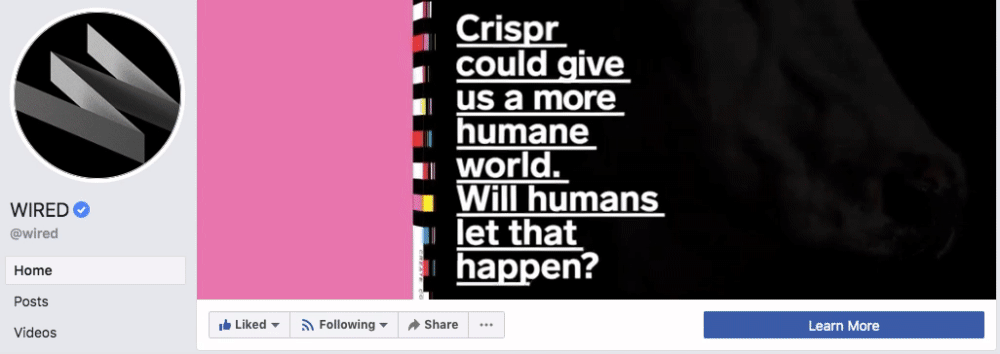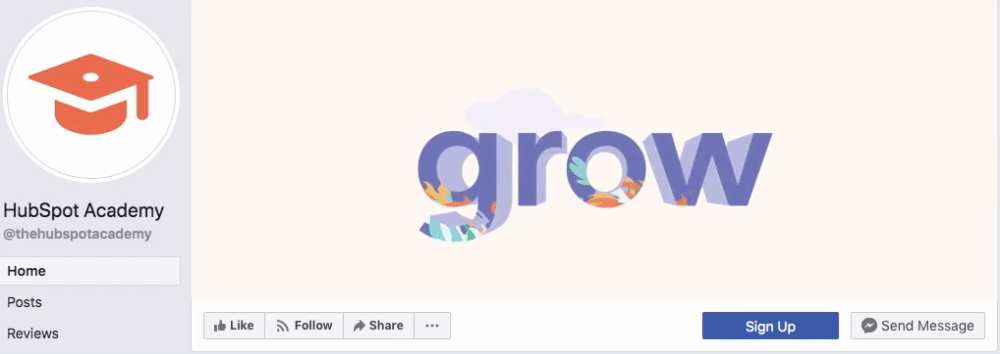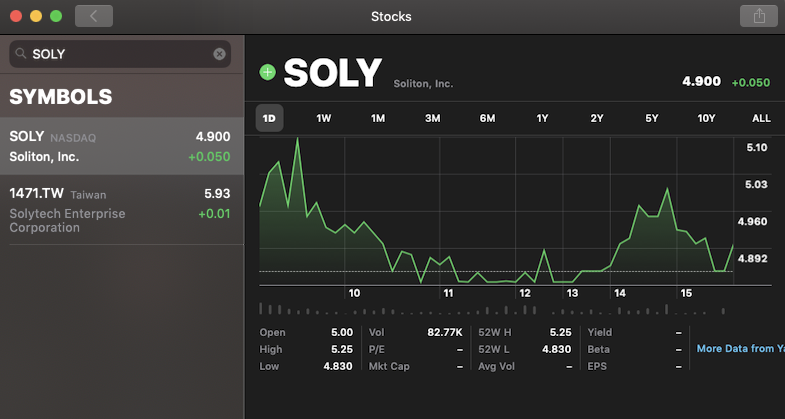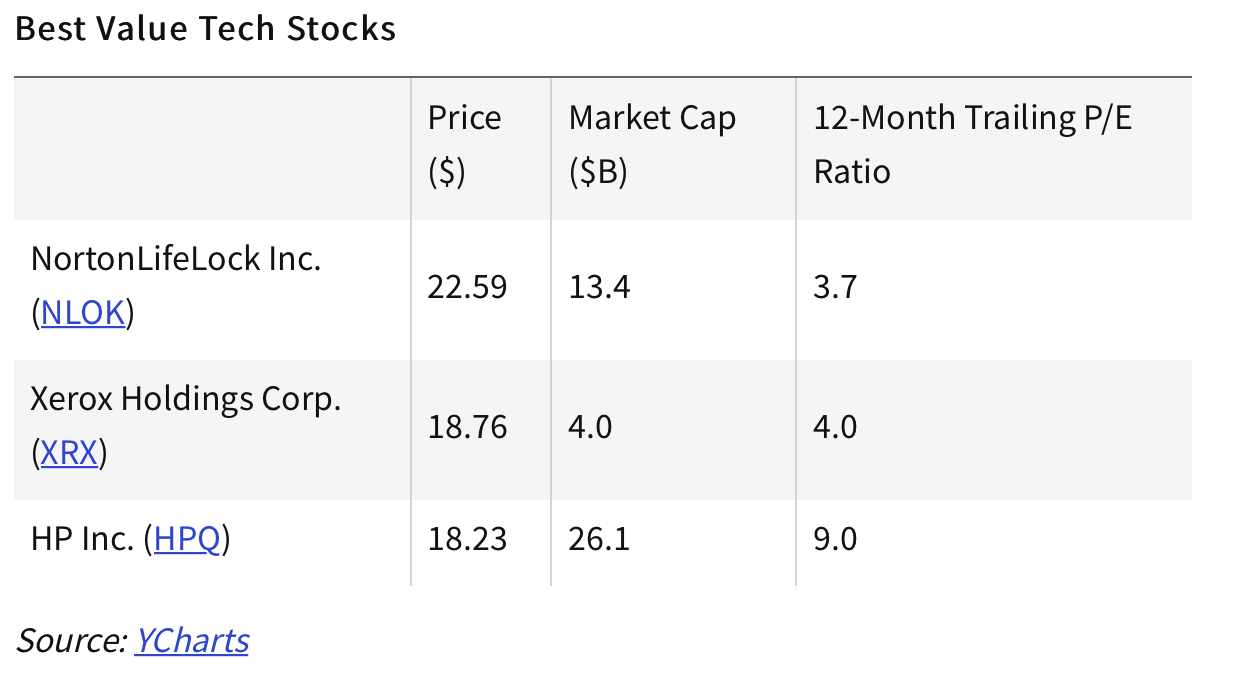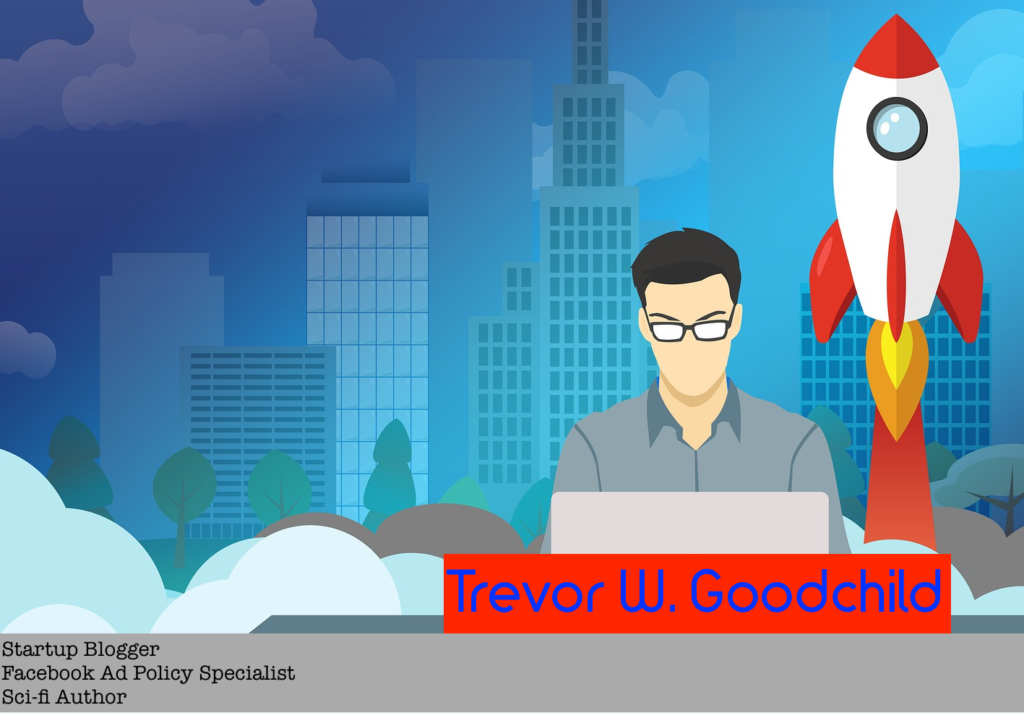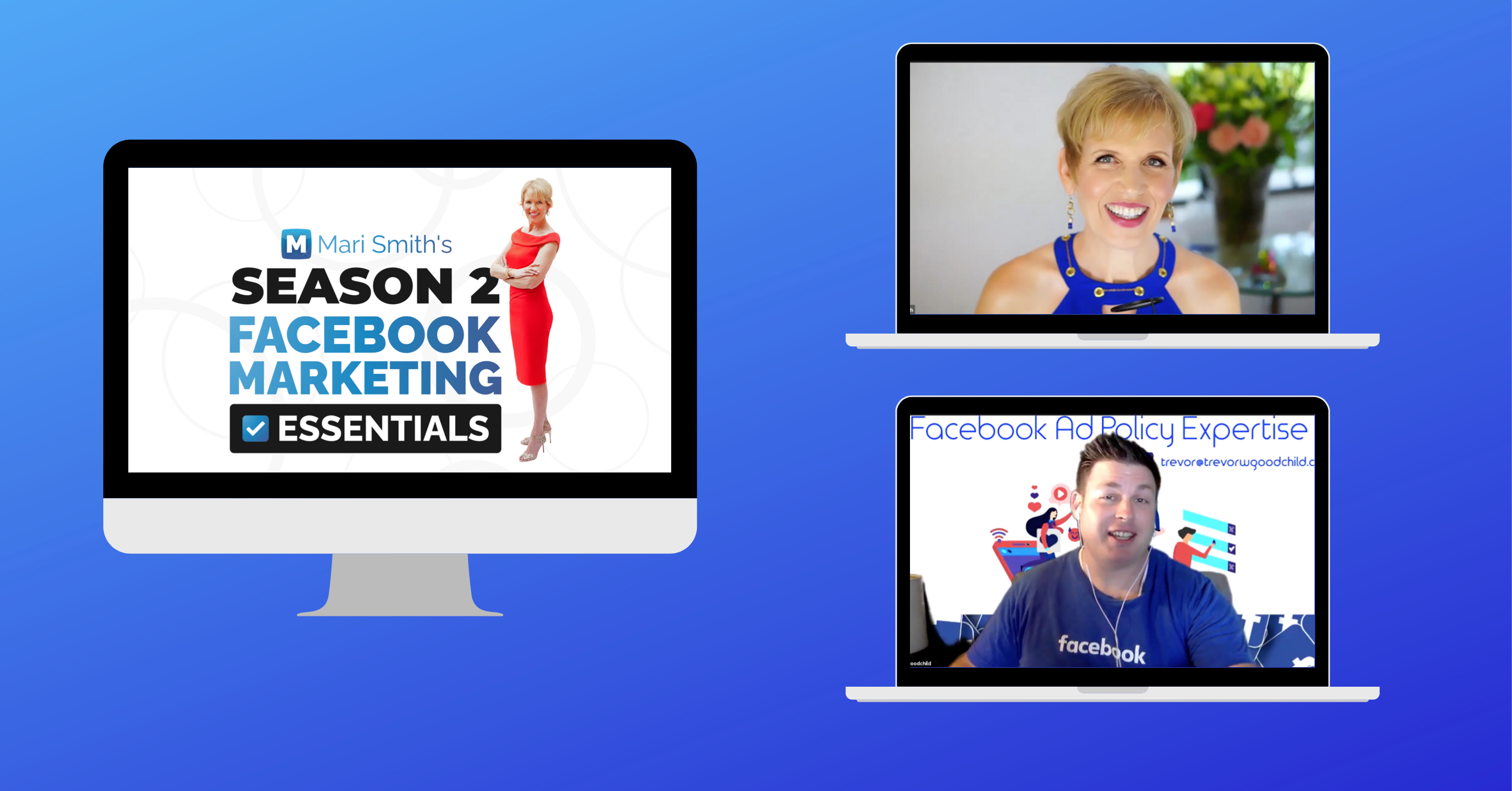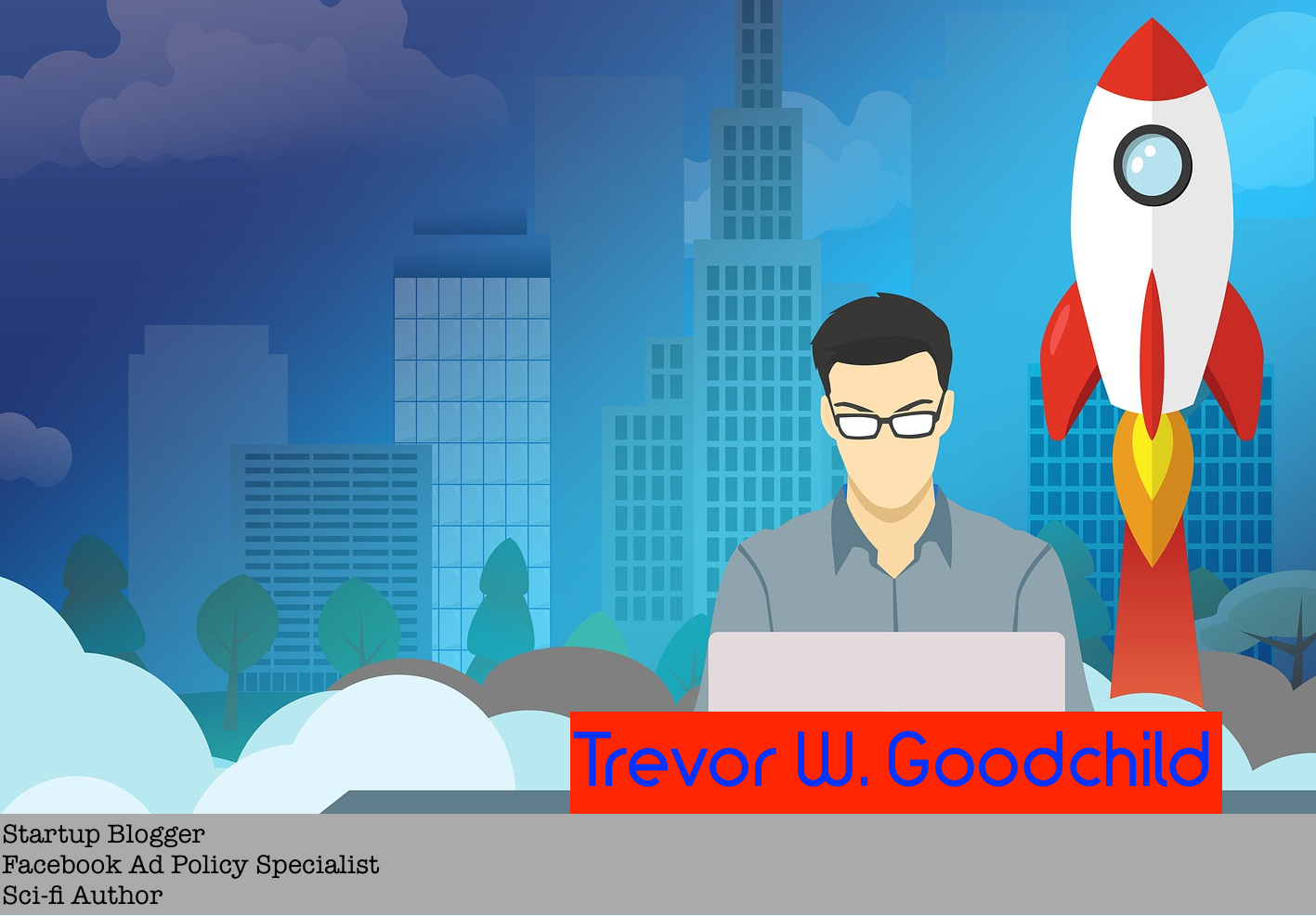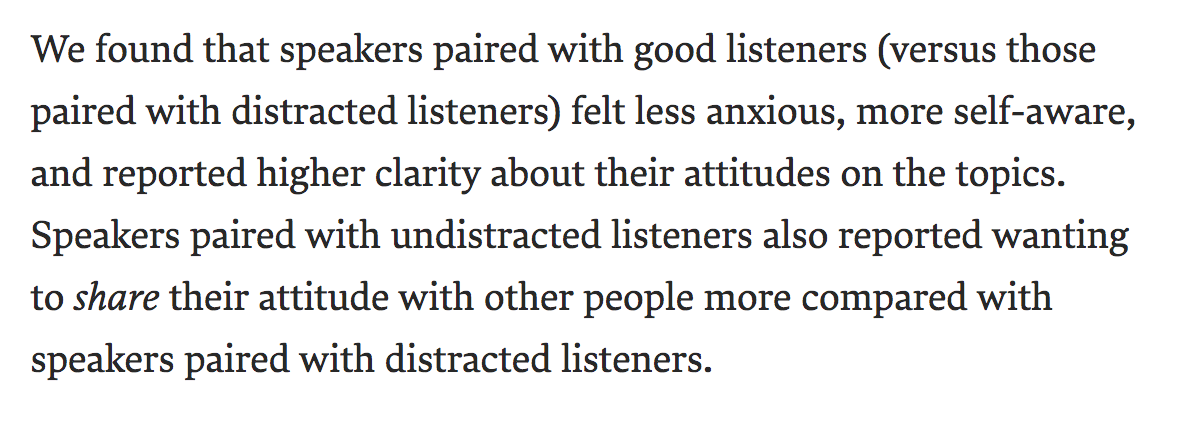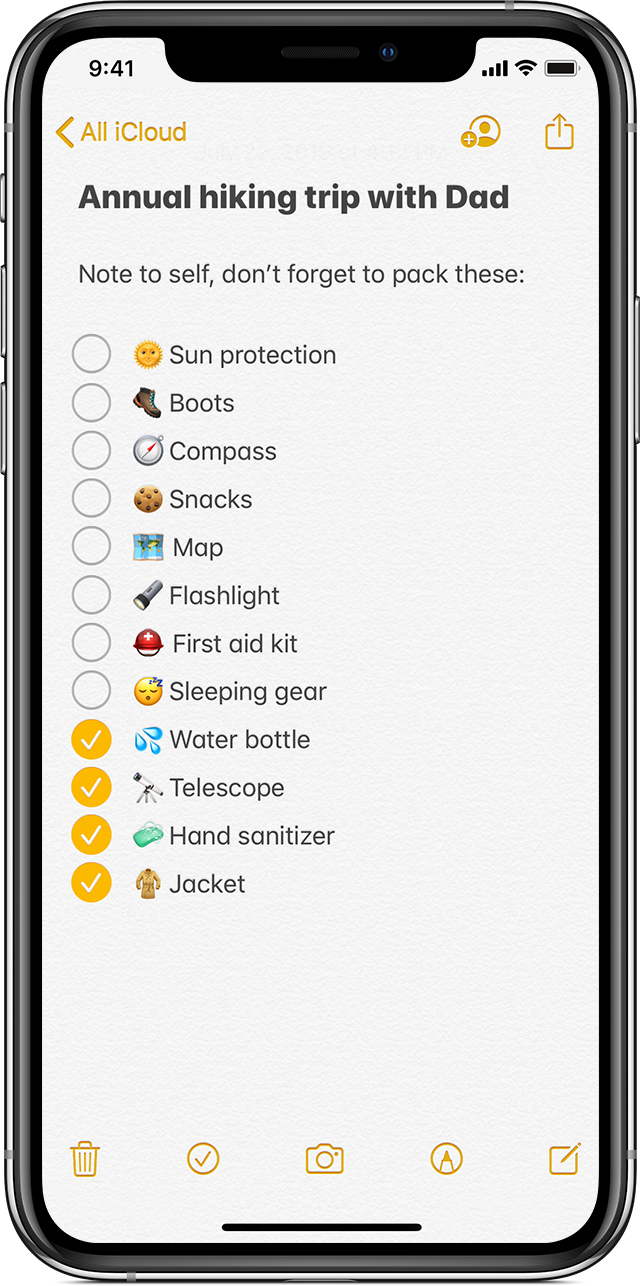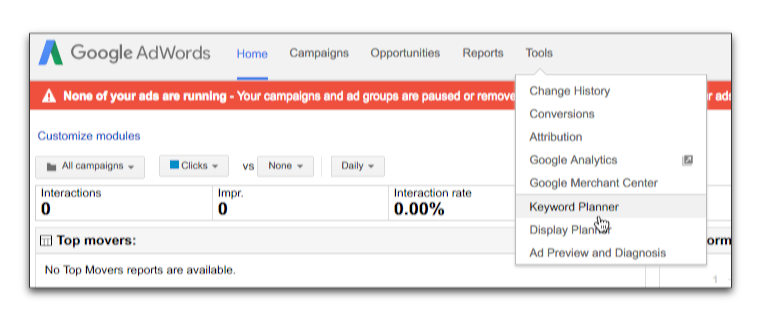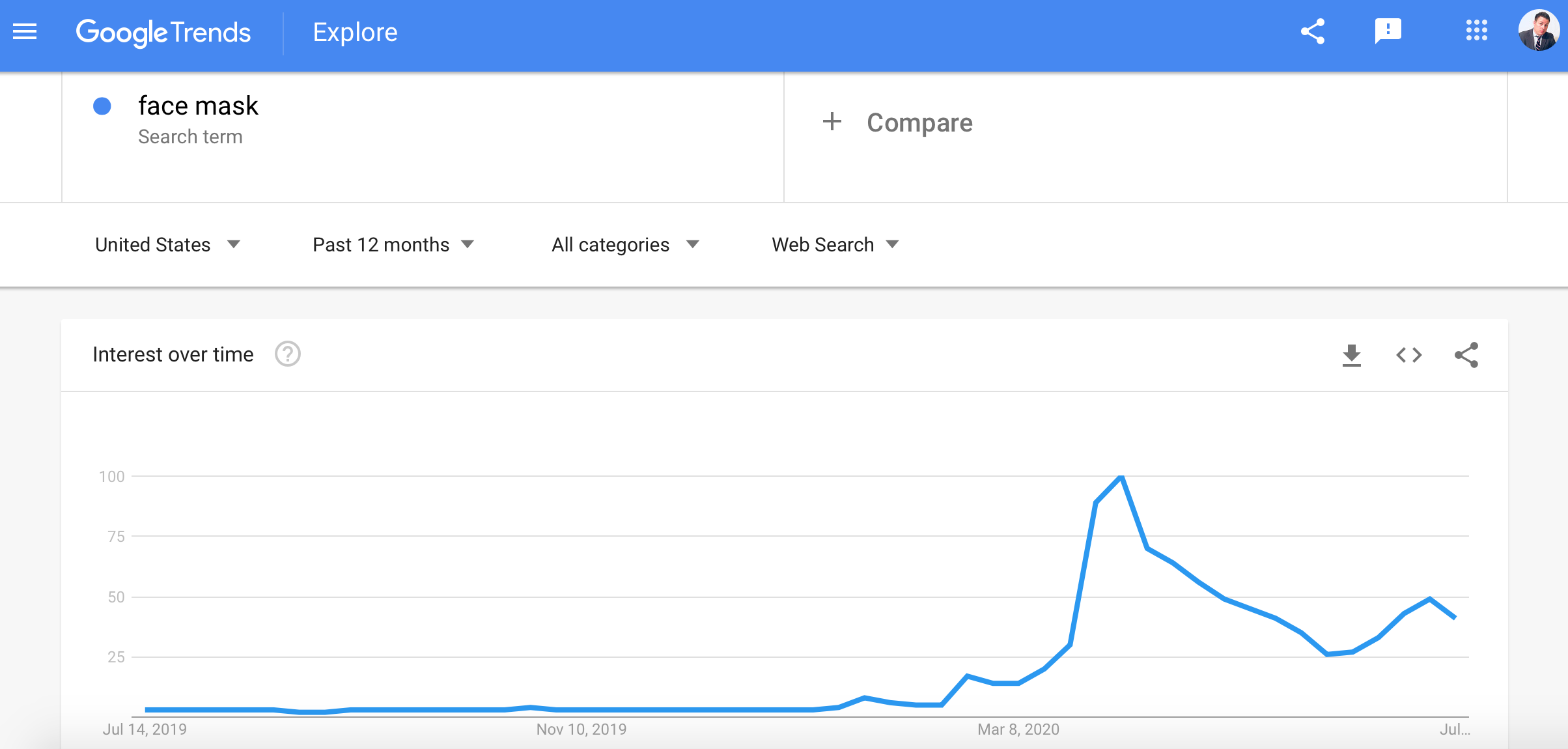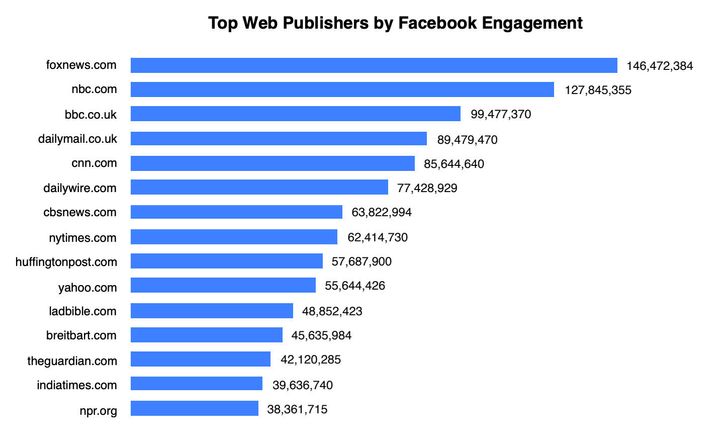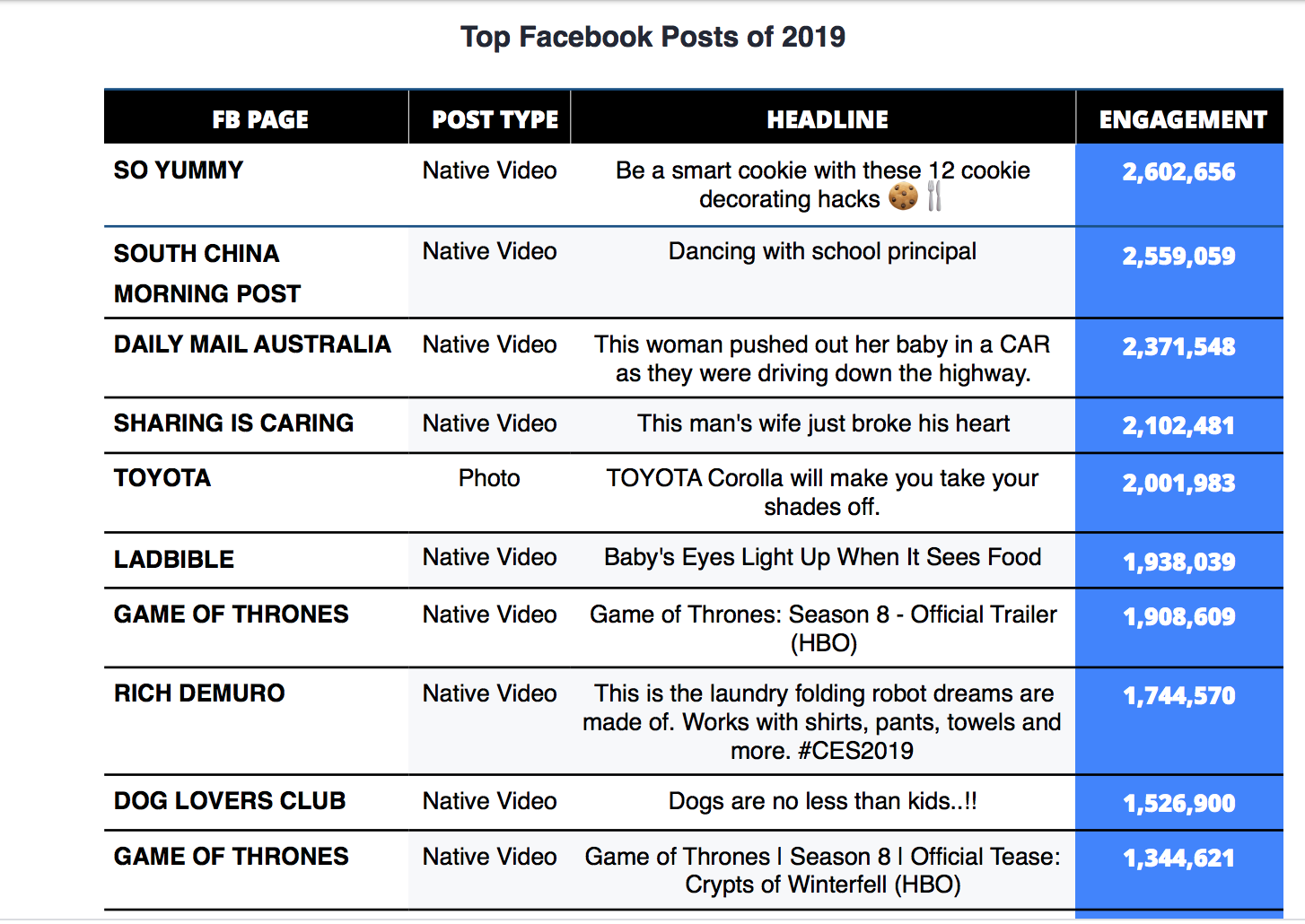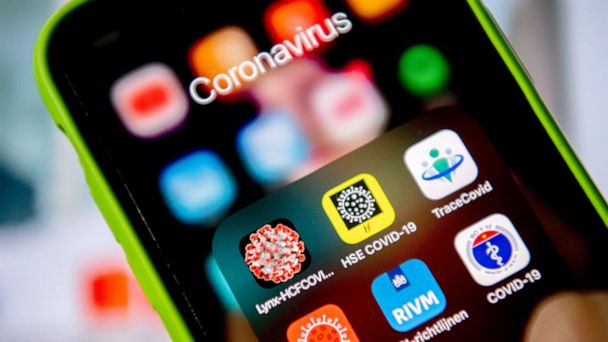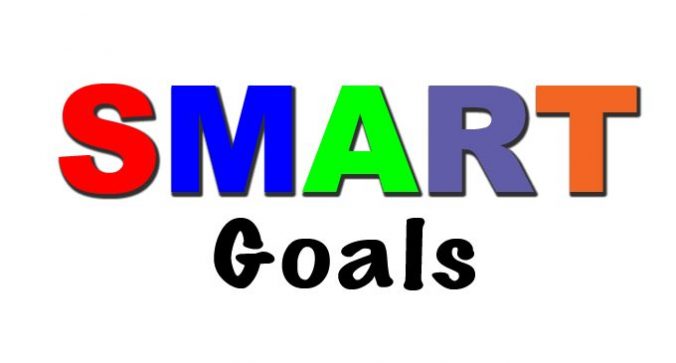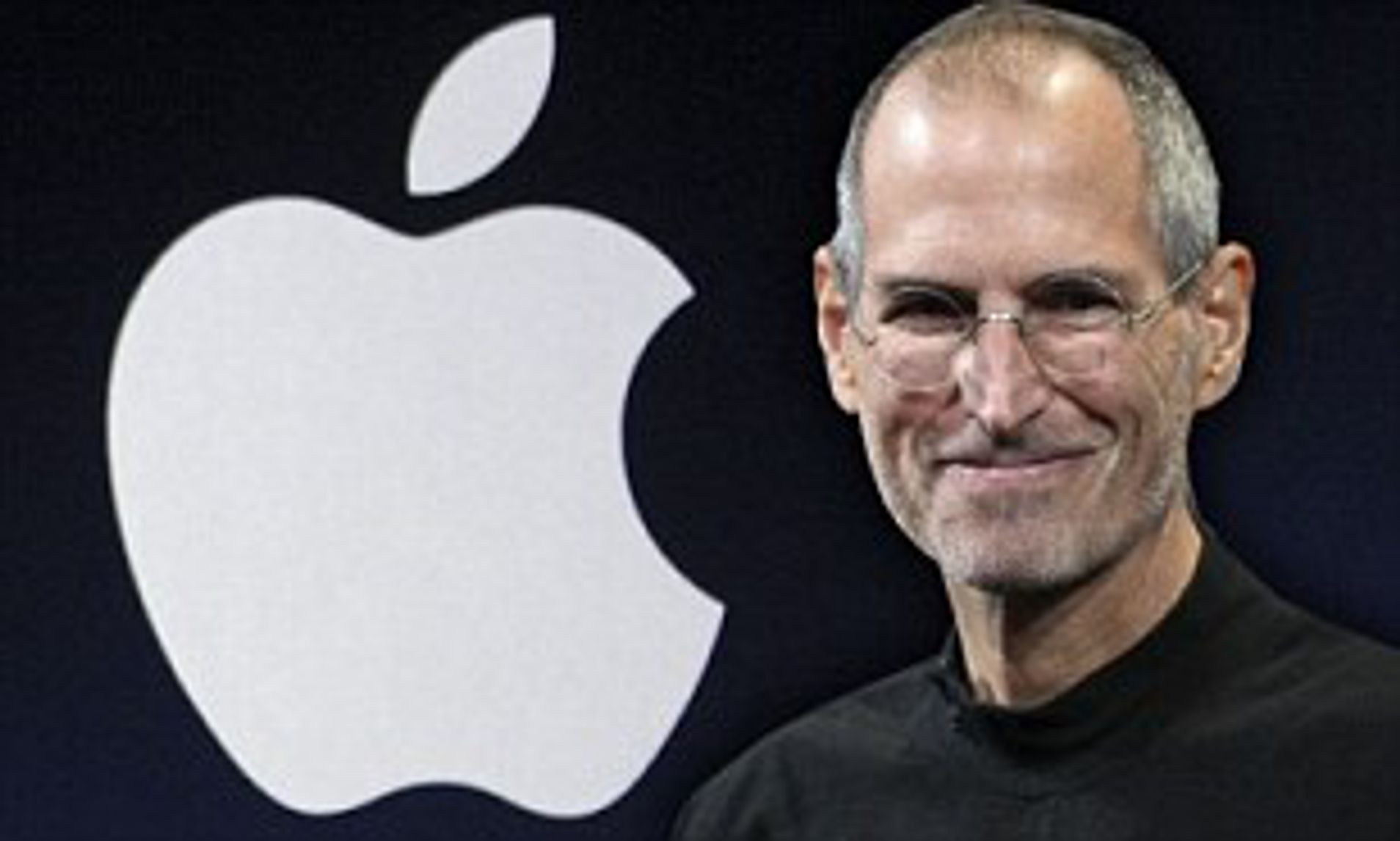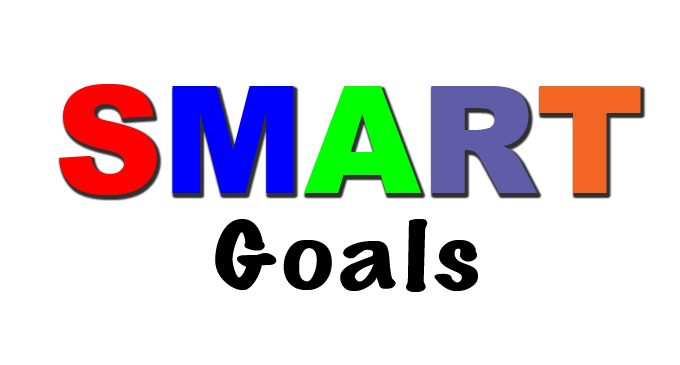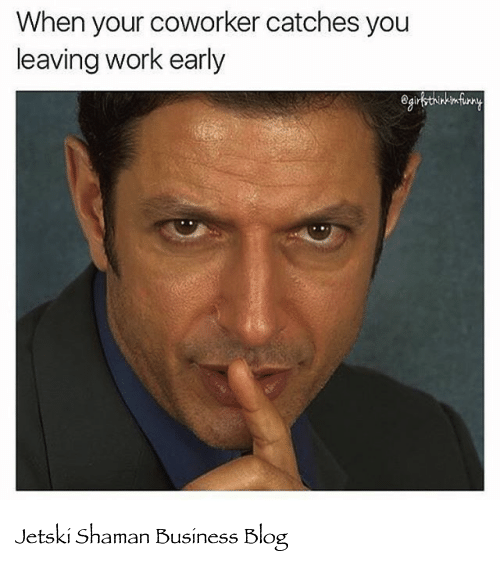7 Top Business Books 2023
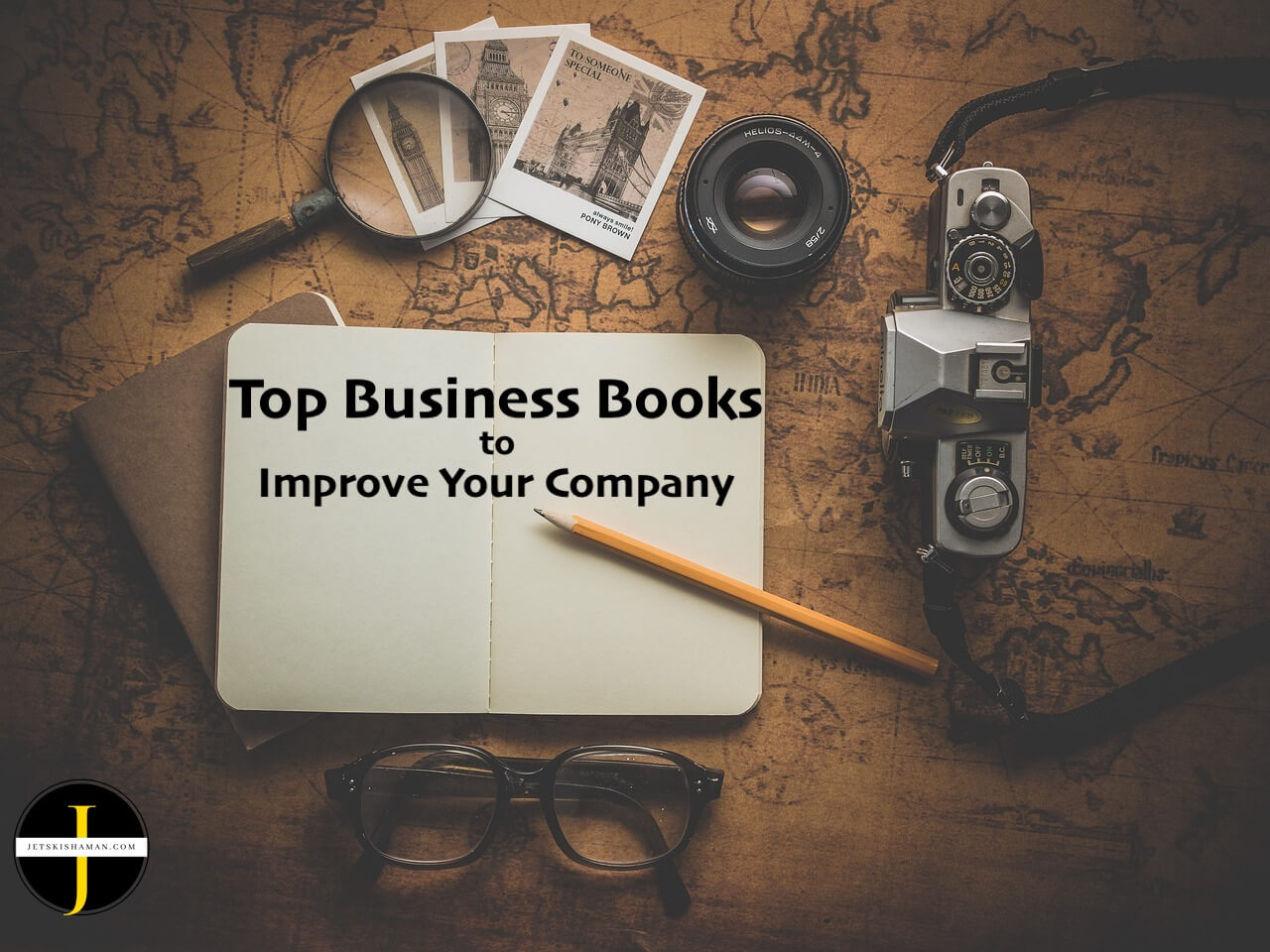
Looking for the 7 top business books in 2023?
Today we'll dive into the top business books of 2023, hand picked for you.
During the ups and downs of the economy, advertising, and business sometimes we need to be inspired by those who came before us and achieved incredible goals.
DISCLAIMER: I OWN AND HAVE READ ALL OF THESE BOOKS. NO FLUFF!!!!
Let's get started reviewing the top business books of 2023
1. How to Win Friends and Influence People
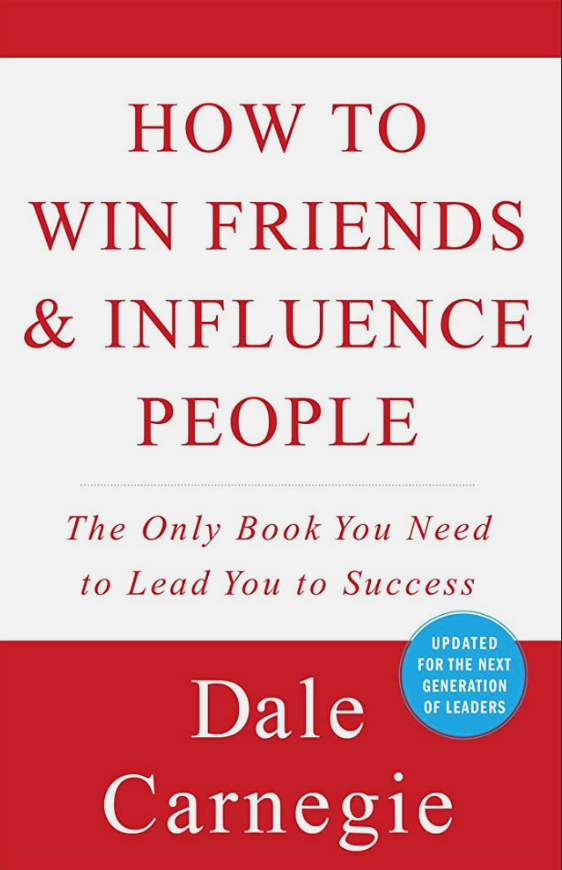
Dale Carnegie's amazing book How To Win Friends & Influence People shows you how to build sustainable social networks that will sky rocket your business.
This is a book you will read again and again over the years because of all the gold it holds. Its on the top of many best business book lists.
"Thank your opponents sincerely for their interest."
Here, Carnegie talks about how you can't ever win an argument because let's say you do win, and score points in the debate - if the other person resents you for winning the argument and wants nothing to do with you...
...did you really win?
He goes on to say that we should find common ground with our opponents.
If we're both arguing about the same topic, it means we already share something in common: passion for this subject matter.
Quoting everyone from Benjamin Franklin, to Andrew Carnegie to Galileo 300 years ago, this book is probably the best guide to life and business you can ever buy.
That is - if you practice what he preaches and have follow through.
You could be given the cure for cancer but if you never use it what good does it do? With any business development strategy or self-improvement book, you need to apply what you learn to your life for it to truly be powerful.
I have seen some amazing things happen when I practice the principles Dale Carnegie has shared in How to Win Friends and Influence People. I'll end with this quote from the book:
"Begin in a friendly way. Scolding won't win people to your way of thinking. No one can be forced to changed their minds. But they can be led to if you are ever so gentle and friendly. A drop of honey brings more bees than a gallon of gall. So with men, if you would win a man to your cause, first convince him that you are his sincere friend. Therein is a drop of honey that catches his heart."
Check out How to Win Friends & Influence People
Here because you're having issues with Facebook ad policies? Read What to Do After Violating Facebook’s Ad Policies
2. Atomic Habits
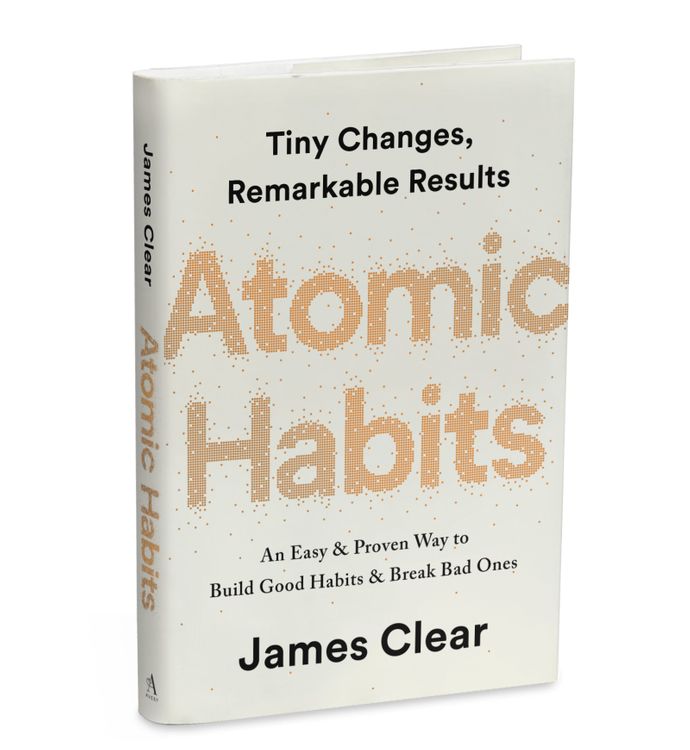
James Clear in Atomic Habits gives you the blueprint for how to create healthy habits that will optimize your performance in life, business and fitness.
Habits are how we live our life already right? But how many of us have gameified our habits for success? Or even tried to optimize habit building?
One thing I loved about this book was how short clear and concise the sentences were. No fluff - just actionable content.
James Clear talks about how if you commit to a daily habit, having a physical action correspond to successfully completing it will encourage you to continue.
This could be as simple as crossing a day off the calendar or dropping a marble into an empty glass jar - but it works really well to make that brain-body connection. We get something out of a physical action that symbolizes completing a task on our to-do list.
Another cool tip James Clear gives is called Habit Stacking.
This is where instead of committing to doing a triathlon you commit to a simple easy habit like just putting on your running shoes every day at a certain time.
Then, once that habit is completed a few times, stack the next habit of running for a couple of minutes.
After you complete this habit, stack the next habit onto the previous habit for running for 5 minutes.
Breaking up a larger goal into smaller bite sized pieces makes it easier to achieve.
I definitely recommend this book as it's super easy to read and comes with worksheets online and easy to follow tips. Read it today!
For tips on running FB ads as a business, read How to Navigate Facebook’s Advertising Policies as a Business.
3. The Dhandho Investor
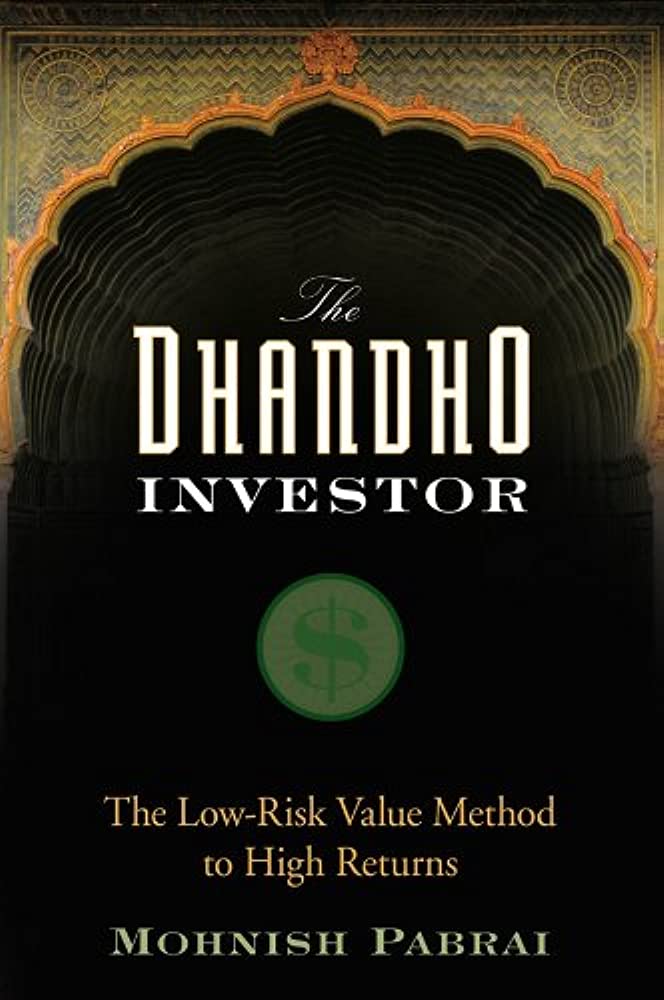
The Dhandho Investor is a great investing book - ever notice how motel owners all have the last name Patel? (More on this later).
One night I'd organized a board game event at a local pub called Easy Tiger when I found out about The Dhandho Investor. I met a money manager named Eric Schleien at the event who I became friends with, who was new to Austin, Texas.
We got to talking about stocks and investing which he is a lot more well versed than me on. Facebook ad policy and book writing are my zone of genius (check out my sci-fi novel Zero Point Horizon), but investing is his specialty.
I asked him for tips on getting into the stock market which, even as up and down as the NYSE may be, is still more stable than crypto. He told me to check out The Dhandho Investor.
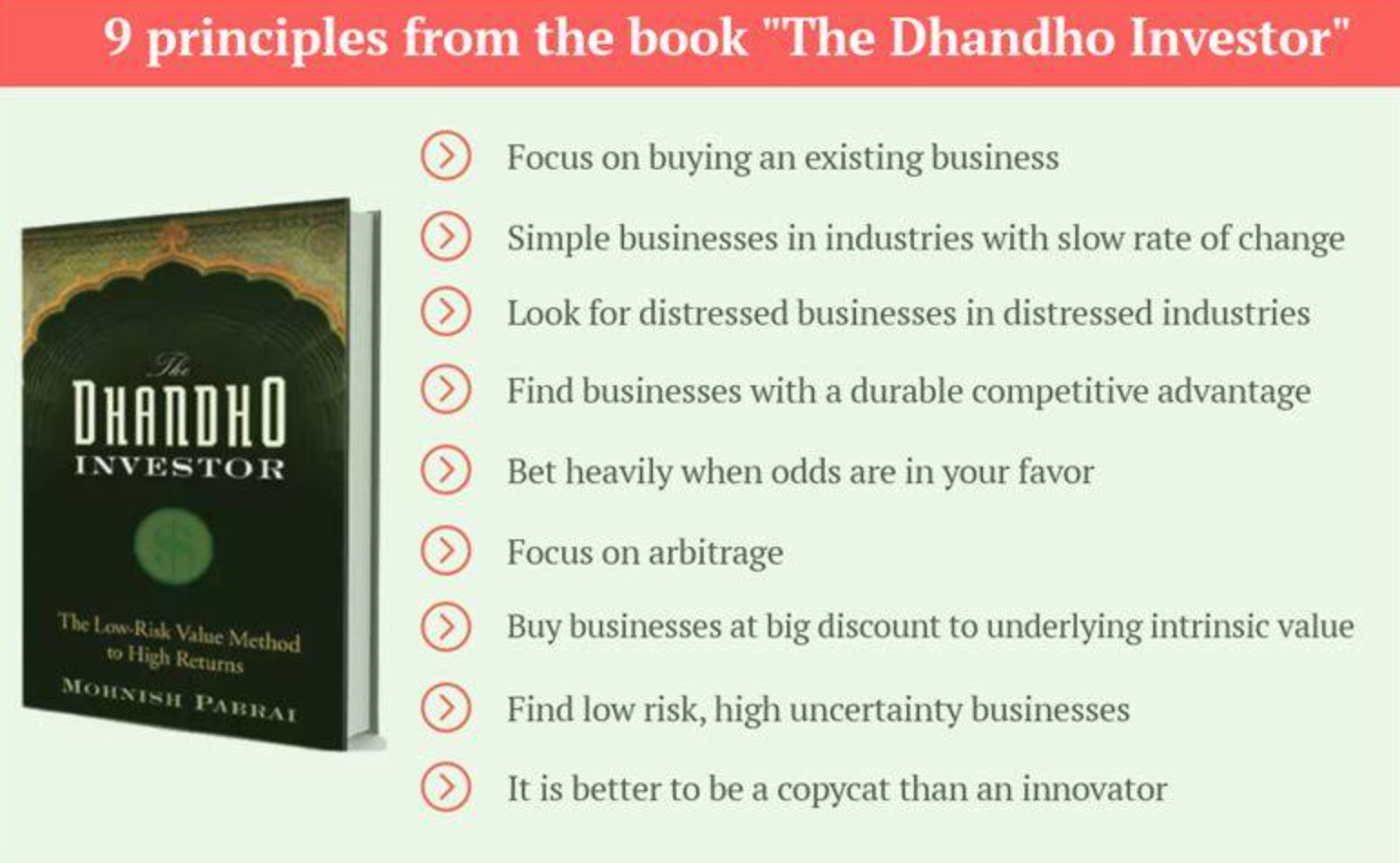
The Dhandho Investor lays out the powerful framework of value investing. Written with the intelligent individual investor in mind, this comprehensive guide distills the Dhandho capital allocation framework of the business savvy Patels from India and presents how they can be applied successfully to the stock market.
The Dhandho method expands on the groundbreaking principles of value investing expounded by Benjamin Graham, Warren Buffett, and Charlie Munger.
Why Patels Own All the Motels
The author, born in India, set the framework by explaining how the extended Patel family, immigrants originally from the state of Gujarat in India, came to dominate the American motel industry.
The key, he said, was a business philosophy called Dhandho, which means “endeavors that create wealth”; the word is pronounced dhun-doe. More specifically, it referred to the low-risk, high-return approach of the Patel family.
The first Patel family to come to the United States, via Uganda, arrived in 1972. As refugees from Uganda, the family had few language skills and practically no savings. They arrived at a particularly bad time as Americans were trying to deal with a serious economic downturn, one made worse by the Arab oil embargo.
The motel sector may have been suffering more than most since it is directly affected by the availability of disposable income and travel. Both had taken a beating in the early 1970s, and many motels were selling at distressed prices, in some cases by banks that had foreclosed on them.
Papa Patel, who may be an archetype, thought they might have to settle for two minimum-wage jobs (one for Patel and one for his wife), which was hardly enough to raise a family with 3 teenagers.
Fortunately, he discovered a 20-room motel for sale at a very low price and considered the possibilities. First, he thought the bank or seller would be motivated to sell and probably finance between 80% and 90% of the purchase price.
The family would live at the motel, thus eliminating any rent expenses. Since they will live and work in the same place, they would not need a pricey car.
And, the family, including the three teens, can do all the cleaning, maintenance and management. It looked like a no-lose situation, so with a few thousand dollars of their own cash and a few loans from relatives and friends, the family bought the motel.

Because they had no paid staff and kept expenses to a minimum, they became the lowest-priced motel in the area. That allowed them to offer the lowest prices while remaining as profitable as other motels.
In turn, they enjoyed a higher occupancy rate and made above-average profits. So with rates of $12 or $13 per night, and occupancy of 60% or less, they brought in annual revenue of about $50,000.
From that $50,000 came interest expenses of about $5,000, principle payments of $5,000 and a further $5,000 to $10,000 in operating expenses and taxes (amounts of taxes are not discussed).
According to the author, “The annual return on that $5,000 of invested capital is a stunning 400 percent ($20,000 in annual returns from the investment—$15,000 in cash flow and $5,000 in principal repayment).”
If, on the other hand, the motel had failed, the loss from their personal guarantee would have been less than $5,000, which would have been unfortunate but not life-changing. As Pabrai put it, “If a Patel cannot make the motel run profitably, no one can.” So the lender would have to be very hard-pressed to foreclose.
2nd scenario: For several years after they buy the motel, the economy is in bad shape, so the lender works with the Patels to renegotiate the terms of the loan. For 5 years, the family earns nothing on their investment, but in the second 5 years, the economy recovers and they sell the motel for $50,000. Ultimately, this works out an average annual return of more than 40% over the 10 years.
3rd scenario: The economy does not recover after year five and goes on for another five years with the family unable to make payments. They are foreclosed and lose their investment. This represents a negative return of 100% (but they will have lived rent-free, if nothing else).
The author looked at the likelihood of the 3 scenarios and assumes there is an 80% chance the first, and best case, occurs. He also attributes a 10% likelihood to the second (mean) case and a 10% probability that the third and worst-case scenario unfolds.
Based on the scenarios, Patel estimated there was a 10% chance of losing everything, a 90% chance of winding up with more than $100,000 after 10 years and an 80% chance of winding up with more than $200,000 after a decade.
The author noted that these numbers do not include an increase in the motel’s value and no room rate increases for 10 years.

He also wrote, “This is not a risk-free bet, but it is a very low-risk, high-return bet. Heads, I win; tails, I don’t lose much!”
As it turned out, the big bet worked out for the Patels, and soon they had a thriving business and lots of cash flow, allowing them to buy a house of their own and an even bigger motel. Even then, they stuck with the basic business model of ultra-low costs, charging lower rates than competitors and bringing in lots of cash.
Soon, they could afford to buy more motels, which they handed over to other Patel families to run. As the author noted, a snowball effect was developing and by 2007, the Patels owned half of all the motels in America.
Interesting stuff right?
Think about picking up the The Dhandho Investor - the investing strategy here will give you plenty of thought experiments that may boost your business.
Were you using AI for FB ad copy and got your ad account disabled? Read How to Recover Facebook Ad Accounts now! My client Dr. Emi was featured on the Today Show on NBC. I helped her when she was shut down (VIP Access).
4. Think Like A Rocket Scientist
Simple Strategies You Can Use to Make Giant Leaps in Work and Life
Think Like A Rocket Scientist is behind the scenes wisdom from an actual rocket scientist.
The author, Ozan Varol has got a pretty interesting backstory: During his time at Cornell, he served as a member of the operations team for NASA's 2003 Mars Exploration Rover project; which sent two rovers to examine the Martian surface.
His book, How to Think Like A Rocket Scientist breaks down how Elon Musk built SpaceX with 1st Principle Thinking - even to the point of buying rocket parts off eBay!!!
I gave this book to my son and he's actually reading it (miracles of miracles). I love Varol's way of challenging the status quo to remove stagnation from business:
"Process by definition is backwards looking. It was developed in response to yesterday's troubles. If we treat it like a sacred pact - if we don't question it - process can impede forward movement over time, our organizational arteries get clogged with outdated procedures."
"Do we own the process or does the process own us?"
I've worked at many Fortune 500 companies - and later many were my clients in my own Facebook ad policy consulting business. So, I'm familiar with the corporate world. I see the same mistakes being made for the past 100 years because of an attachment to outdated thinking.
Ozan Varol has a way of making you examine your perspective that leads only to improving your process. I'll leave you with another favorite segment of How to Think Like A Rocket Scientist:
"It's one thing to say, 'let's think outside the box', it's another to actually step outside the box and examine your company or product from the viewpoint of a competitor seeking to destroy it."
"...Why might my boss pass me up for a promotion? Why is this prospective employer justified in hiring me?"
"Why are customers making the right decision by buying from our competitors?"
"Ask yourself, "Why are they making that choice?"
"It isn't because they are stupid. It isn't because they're wrong and you're right. It's because they see something that you're missing. It's because they believe something that you don't believe. And you can't change that worldview or belief by calling plays from the same old playbook."
#micdrop
Whew! I loved reading this book and it is on my top picks for a reason. If you look at how you're framing things, sometimes that alone can help you level up.
Check out Think Like A Rocket Scientist today.
(Looking to side step a FB shutdown? Peep Top Reasons Why Facebook Disables Ad Accounts).
Let's take a look at more crazy ideas, so good they are practically looney.
5. Loonshots
How to Nurture the Crazy Ideas That Win Wars, Cure Diseases, and Transform Industries
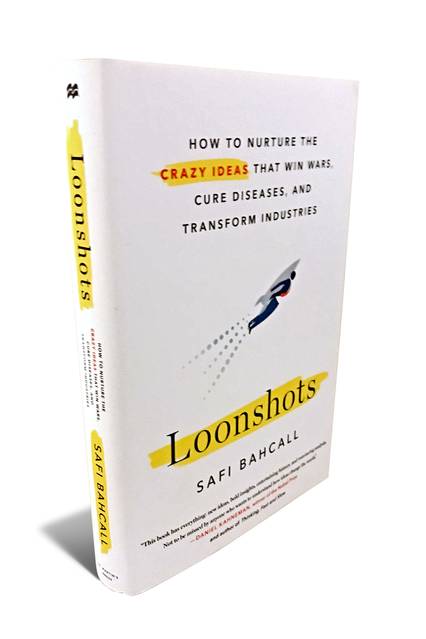
Loonshots by Safi Bahcall is a unique read that teaches you how to the concept of Phase Separation when it comes to the idea guys and product manufacturers for the perfect balance for product development and distribution.
I'd heard about it from a book club I used to be part of and was surprised at the knowledge it dropped.
This book reveals a new way of thinking about the mysteries of group behavior that challenges everything we thought we knew about nurturing radical breakthroughs.
Bahcall, a physicist and entrepreneur, shows why teams, companies, or any group with a mission will suddenly change from embracing new ideas to rejecting them, just as flowing water will suddenly change into brittle ice.
Mountains of print have been written about culture. Loonshots identifies the small shifts in structure that control this transition, the same way that temperature controls the change from water to ice.
Using examples that range from the spread of fires in forests to the hunt for terrorists online, and stories of thieves and geniuses and kings, Bahcall shows how a new kind of science can help us become the initiators, rather than the victims, of innovative surprise.
Having worked at Apple during iPod launches back in the day, I appreciated his breakdown of P-type technologies that were once widely dismissed before becoming household names like:
• The Telephone
• Apple Computer
• Digital Photography
And S-type products - a surprising breakthru in strategy that creates a new way of doing business or a new application of an existing product such as:
• AppleStore iTunes
• Frequent Flier Miles
• Google Search Rank Results
Bahcall writes about having a Systems Mindset that analyzes not just why a move was bad but how you should change the decision process behind the movie.
And what the context of that decision was to your situation, background, obstacles and what that means for how you should change your decision-making process and action or preparation routine.
He contrasts this with an Outcome Mindset which reviews why something failed.
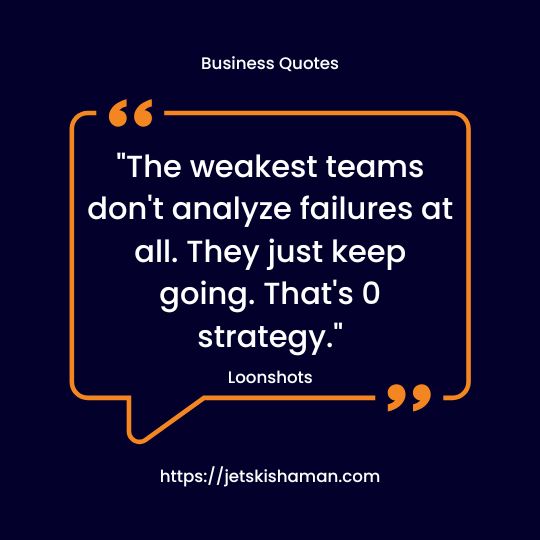
The author goes on to say:
"Teams with Mindset 1 of an Outcome Mindset analyze why a project or strategy failed:
• The storyline was too predictable (Hollywood Movies)
• The product didn't stand out from the competition
• Those teams commit to working harder on storyline or unique product features
"Find out why something failed, rather than get defensive about it."
Wow. I wish some family members I have would take that attitude lol. Wouldn't it be great for America, as a nation, if we all got curious instead of defensive, when faced with failure?
When a book is recommended by Bill Gates, Daniel Kahneman, Malcolm Gladwell, Daniel Pink, Adam Grant, Susan Cain, and Tim Ferriss - you might wanna read Loonshots today.
6. Think and Grow Rich
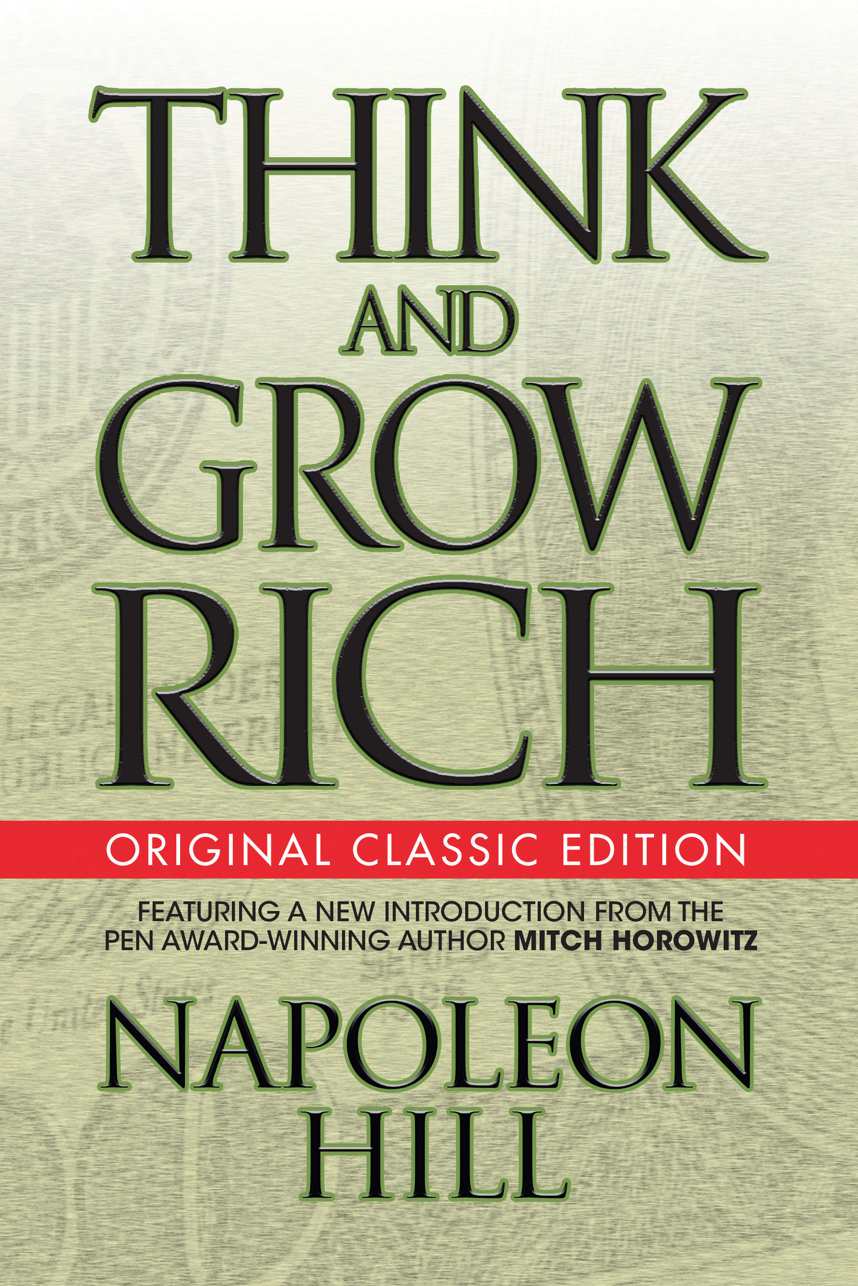
Think and Grow Rich - I don't remember how I found out about this book, but it changed my life.
I was working dead-end jobs and didn't have a specific plan for how to get ahead in life. Through this book I learned to define what my vision of success was for my life, create vision boards, mantras, and a specific image of what my ideal life looked like.
Using the techniques Napolean Hill teaches, I got a new higher paying job, a convertible, a trip to Hawaii with my son, and eventually started my own business and became free of the dreaded 9-5 life.
It's the original mind-over-matter guide that truly brings manifesting destiny, money, wealth and happiness to you. And in a way that many later books tried to copy. But this is the OG manifestation manual.
And you don't have to be like super into the "woo-woo" to benefit from the practical visualization techniques and mind frames given here.
We can talk Freud, Jung or whoever you trust in psychology - our subconscious does create the life we live.
Good and bad.
When you embed an idea or purpose into your subconscious, it's proven that your mind will work to achieve it. I've used this book to do just that and increase my income level by 2 classes.
One of the techniques Hill teaches here that I haven't used - yet is creating the counsel in your mind of greats that came before you. Hill says that you need to create a room in your mind with a long table that your thought leaders sit at.
Whether that's John D Rockefeller, Steve Jobs, or Andrew Carnegie - the idea is that you hold imaginary counsel meetings where these avatars of great business minds give you advice. It sounds like a fascinating concept as far as thought exercises go.
Pick up your copy of Think and Grow Rich right here
Millennials and Gen Zers are migrating to influencer marketing because that feels more real. Folks are also sick of Facebook bans - learn how to avoid them
7 Habits of Highly Effective People
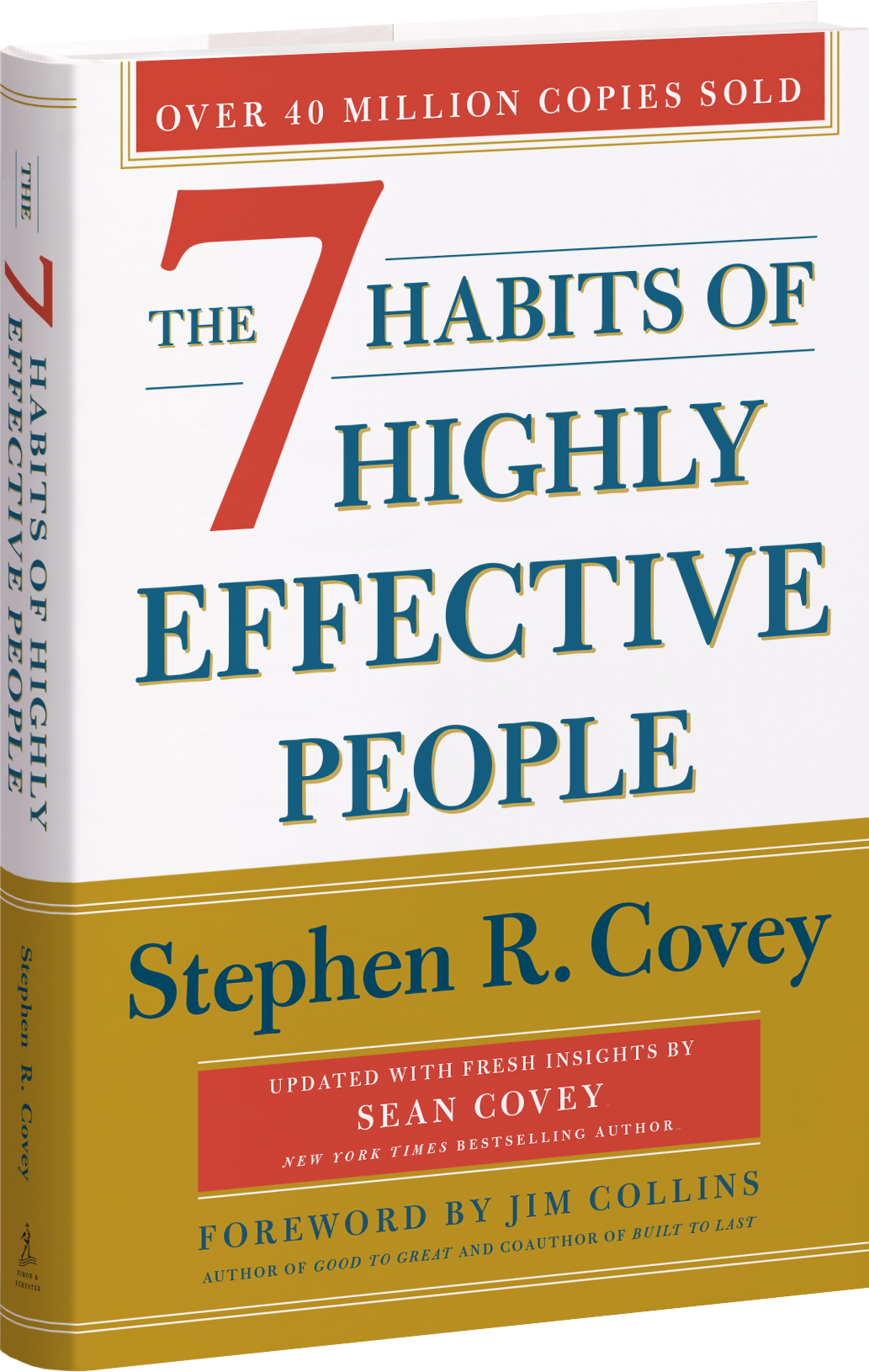
I think 7 Habits of Highly Effective People was one of the 1st self-improvement books I read as a teenager. I didn't understand it then, but on later re-reads I learned things you'd never guess were inside this powerful little book.
Here are his 7 habits of highly effective people:
Habit 1: Be Proactive
Habit 2: Begin with the End in Mind
Habit 3: Put First Things First
Habit 4: Think Win/Win
Habit 5: Seek First to Understand, Then to Be Understood
Habit 6: Synergize
Habit 7: Sharpen the Saw
Now, let me make a disclaimer here: Stephen Covey's company itself often ran seminars that many felt gave off an MLM vibe. Also, the book is very verbose, so it does have some fluff to cut through. BUT it's worth scanning for the sections on being proactive, putting things first, building good character and integrity.
One of my key takeaways Covey's description of the Personality Ethic versus the Character Ethic.
Covey wrote that some people imitate the qualities of being a good person - just like a politician has his talking points for PR but then does the opposite when elected.
You talk to them and they are all about perfecting their public image, attitude and personality but you still get weird vibes from them. Ever met someone like that? The whole car salesman vibe?
I worked with a guy named Kurt at Facebook and he appeared to have all the surface level socialization skills but on a gut level you could tell he was wrong inside without integrity. It wasn't just me - other coworkers of his saw through the fake polite manners. He had a low character.
It was one of those strange moments when you read something and see it in real life like..damn..this person prioritized the personality ethic over actually being a decent person, lacking the character ethic.
Covey says many people seek quick solutions to their problems by looking for shortcuts and techniques from successful individuals or organizations.
However, shortcuts often fail to address the root cause of the problem - not developing a good character.
Instead, as Covey emphasizes, the problem lies in how we perceive ourselves and the world.
To bring about genuine and lasting change, we need to undergo a paradigm shift, which means changing our fundamental beliefs, assumptions, and values rather than merely modifying our attitudes and behaviors on the surface level.
That's where the 7 habits of highly effective people come in.
Similar to How To Win Friends & Influence People - if you are taking a shallow approach, you'll think you can manipulate people better when in reality the core message of the book is that you'll get along better with people if you learn to develop a genuine interest in people and develop your empathy.
7 Habits of Highly Effective People has a similar message about developing a true sense of integrity.
If we all seek first to understand the other person before seeking to be understood ourselves, this world would be a better place with a lot more compassion.
I guess, because I feel like I'm a genuine person and always being up front with folks, Covey's core message resonates with me.
You can skip a lot of the long-winded explanations he writes and benefit from being more proactive, thinking about your end goal in mind and truly listen to people.
I've passed along these lessons to my son, when it comes to having integrity and building good character - letting actions speak louder than words.
Check out 7 Habits of Highly Effective People
7 Top Business Books 2023 Conclusion
I hope you've found this list of 7 Top Business Books in 2023 helpful and have 1 or 2 on your to-read list.
I've read all of these books on this list and they've significantly changed my life. The key in reading business development books isn't to just have talking points or to sound smart.
It's about getting a better perspectives how to up your game, to optimize your process and evolve the way you think about solving problems. And scaling.
One of the best things you can do is connect the dots and have a breakthrough, in your personal life or professional. You can do this Being John Malkovich style - and get in the head of prosperous business leaders. See how they thought. And learn from it.
Before I read How to Win Friends and Influence People I didn't have a road map to build successful social circles of influence and power. Also, I wasn't a very good listener. Reading that book helped me show up better for my friends and family.
Atomic Habits gave me a great blueprint for how to keep promises I made to myself better. I'm still working on cultivating healthier habits for fitness using James Clear's methods.
The Dhandho Investor gave me the first real look at a stock market investing strategy that is sustainable.
Think Like A Rocket Scientist and 7 Habits of Highly Effective People both gave me a new way to think my way around industry roadblocks, and allowed me to open up with a few clients. The integrity I run my business with - while still flawed and a work in progress - has attracted some of the most amazing repeat clients and financial success to me.
After reading Loonshots I began examining almost misses, and failures in a new light: looking for the data in what had worked, and growing immensely in my tactics and strategic thinking.
Think and Grow Rich was a game changer. I had been laid off and was working a shitty ass job that was ripping off old people charging them for free prescriptions of life saving medicine. I didn't realize that was what the company was doing at the time, but I hated it nonetheless.
Every lunch break, I'd work on writing out the future life I wanted to live, according to Napolean Hill's instructions. I imagined getting a call with a job offer paying more and keeping my promise to my son, that I'd take him to Hawaii someday - where he's always wanted to go.
Fast forward a few weeks later - I'd found out the scam the company I worked for was doing. I walked up to my manager, handed my badge and quit - no safety net. But my integrity wouldn't let me work there anymore.
And the universe responded: Almost instantly I got the phone call and was offered a job paying $5 more an hour than my last upper tier role. 6 months later, I took my son to Hawaii and made his dreams come true. This is us at a cliff on the coast of the Big Island, in Hawaii before driving to Mauna Kea:

So, I'm not bullshitting here when I recommend these books.
I've got the money, success, and upward social mobility to prove they are effective. But, that's only because when I read something impactful, I follow through and put it to practice in real life.
What book did you read that had an impact on you? Anything you feel like you need to revisit to practice what you've read in your own life?
What do you think of the Top 7 business books in 2023? Any I missed? Did you read any on the list, and if so, what are your thoughts?
Do you run Facebook ads and have been shut down without explanation? What if you had a guarantee that your ads were compliant before they went live on Facebook?
New Solution to Facebook Ad Policy Violations
After years of working at Facebook, I understand exactly what ad copy in your funnel is triggering the automations and how to get compliant.
Get solid answers directly from the source instead guessing, googling, and playing roulette. Schedule a call with me and I can easily tell you proven reasons why the automations flag you and how to become compliant.
You'll be swapping out walking in a minefield of ad flags, to have a sure path to having your Facebook ad accounts protected from being disabled.
My clients have included the social media marketing agencies of Tony Robbins, Harv Eker, and Dean Graziosi. I'm featured on the Queen of Facebook Mari Smith's Marketing Essentials Course.
Save energy and money - how much is it costing you to not know why Facebook is shutting you down? Talk today.

If you want to skip the line before this offer ends, immediately secure an expert-level Facebook consulting call from someone at Facebook. Book a call with me now!
If you're ok with waiting a bit longer, and entering the waitlist to see if you're eligible - Schedule a call or contact me via email.






